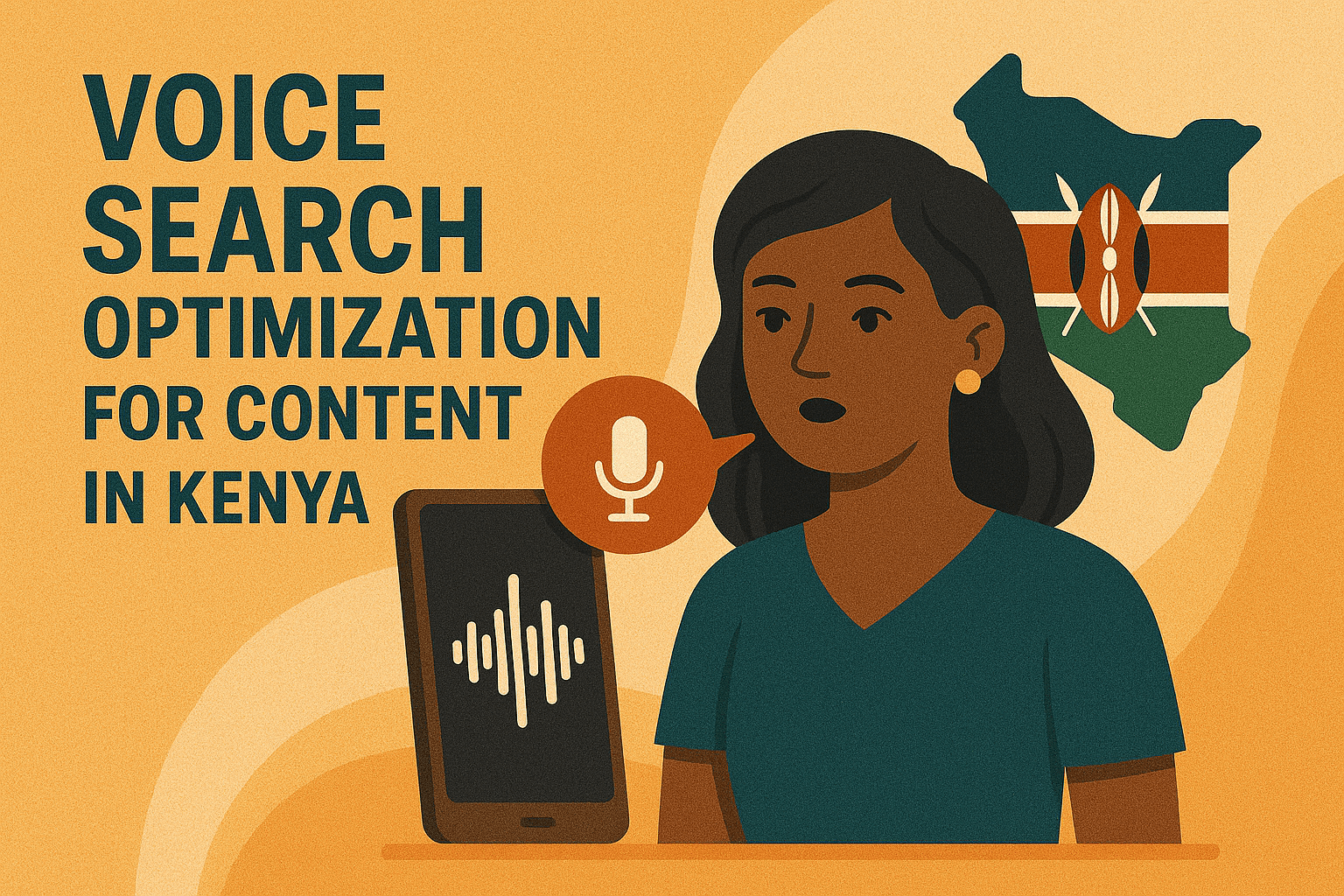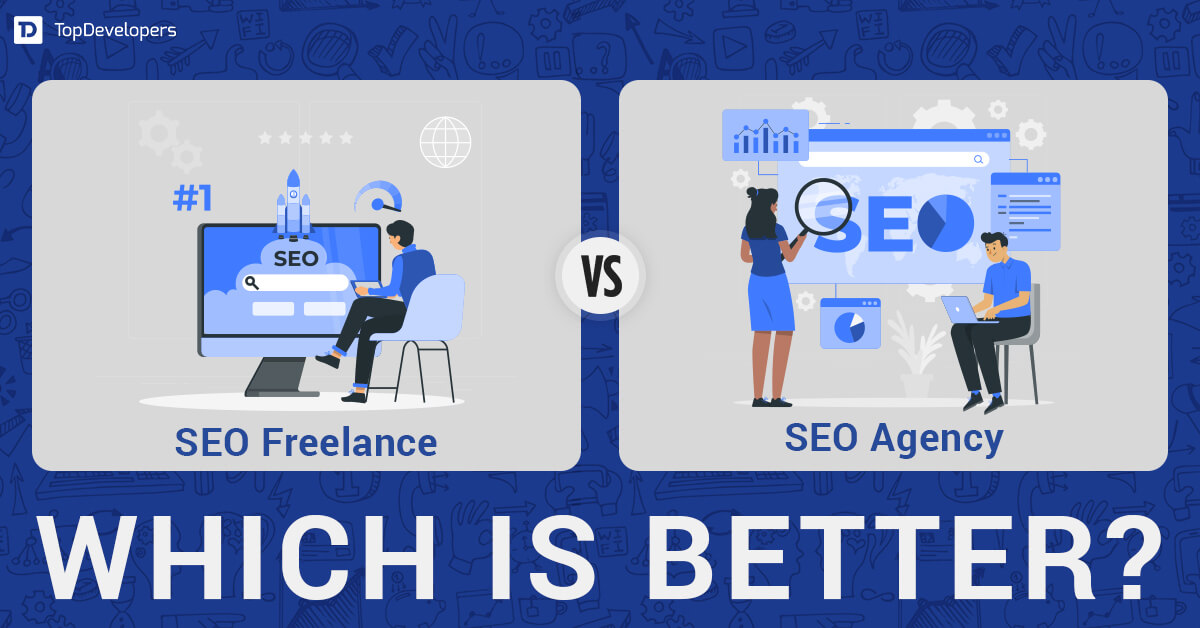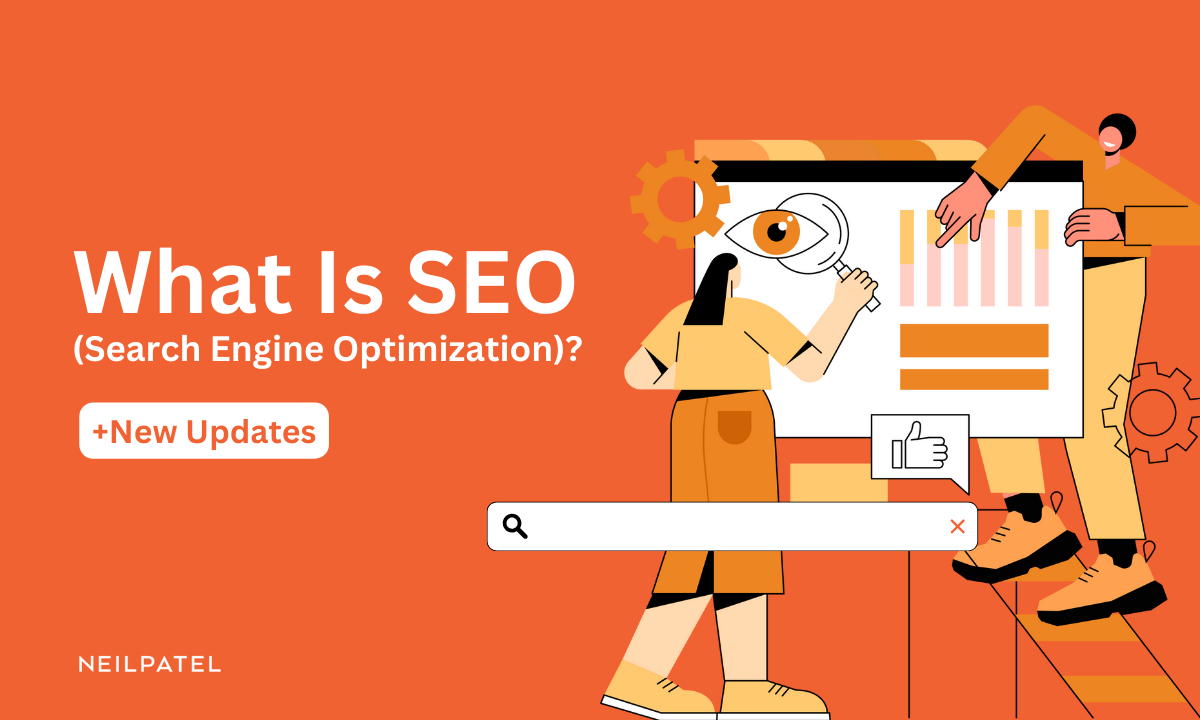It was sometime last year, during a casual chat at a small café in Westlands, when James — a friend who runs an electronics shop in Nairobi — mentioned something many small business owners are quietly struggling with: “I have a website,” he said, “but I’m not even sure anyone finds it on Google.”
James isn’t alone.
In Kenya’s increasingly digital marketplace, visibility online is everything. From hardware shops in Kisumu to food delivery startups in Mombasa, businesses are finally starting to understand that it’s not just about having a website — it’s about making sure people can actually find it. And that’s where search engine optimization — or SEO — steps in.
Let’s unpack what SEO really means in a Kenyan context and why it’s becoming a necessary part of doing business here.
Table of Contents
ToggleWhat Is SEO, Really?
Search Engine Optimization is the process of improving your website so that it ranks higher on search engines like Google. The better your ranking, the more likely people will click on your site when they’re searching for something relevant — like “affordable timber in Rongai” or “wedding photographers in Nakuru.”
In practical terms, SEO involves tweaking content, organizing the website’s structure, improving speed, and building credibility online. It’s not magic, but it’s also not something you just do once and forget.
Think of SEO as brushing your teeth — you don’t do it once and expect perfect results forever. It takes consistency.
Why SEO Is Gaining Popularity in Kenya
Until recently, many Kenyan businesses relied heavily on word-of-mouth, physical foot traffic, and social media. While these channels still work, the online competition has grown rapidly — especially post-COVID, when digital-first became the new norm.
Businesses that once got by with a Facebook page are now seeing fewer results unless they pair social media with a solid website strategy.
Take Ruth, who runs a home bakery in Thika. After struggling to grow her client base, she invested in a small SEO-focused website. Within a few months, she started getting regular orders from customers who found her via Google — many of whom lived outside her circle of influence. That’s the power of discoverability.

What Do SEO Services in Kenya Actually Include?
Not all SEO services are created equal, but most good agencies or freelancers will include:
-
Keyword research – Identifying the phrases people are typing when searching for products or services like yours.
-
On-page optimization – Adjusting headings, meta descriptions, internal links, and images for clarity and ranking potential.
-
Technical improvements – Fixing slow load speeds, mobile responsiveness, broken links, and crawl issues.
-
Content creation – Writing helpful, localized blog posts or landing pages that attract both Google and real users.
-
Link building – Earning links from other reputable websites, which tells Google your site is trustworthy.
Some might also manage Google My Business listings or assist with review generation, especially for location-based services like salons or restaurants.
What About Pricing? SEO Costs in Kenya Explained
One of the first questions people ask is: “How much does SEO cost?”
There’s no one-size-fits-all answer — and honestly, that’s a good thing. SEO pricing in Kenya depends on your business goals, the size of your website, and the competitiveness of your industry.
Here’s a rough breakdown:
| SEO Package Type | Estimated Monthly Cost (KSh) | Who It’s Best For |
|---|---|---|
| Starter / Basic | 15,000 – 30,000 | Small businesses or local service providers |
| Mid-Level | 30,000 – 60,000 | Growing SMEs with some competition |
| Advanced / Corporate | 70,000+ | High-competition niches, large-scale websites |
Freelancers may charge slightly less, while top-tier SEO agencies in Nairobi or Mombasa often come with a premium — but usually for good reason.
Choosing the Right SEO Company in Kenya
If you Google “SEO company in Kenya,” you’ll get dozens of results — but how do you know who to trust?
Here are a few signs of a credible SEO provider:
-
They ask about your goals, not just your budget. A good consultant will want to understand your business before recommending anything.
-
They show real examples of success. Whether it’s a ranking improvement or increased traffic, ask for past results.
-
They’re transparent about what’s possible. If someone promises the #1 spot on Google overnight, run. SEO doesn’t work that way.
-
They explain things in simple terms. If the conversation feels like tech jargon soup, you’re likely not getting value.
Also, pay attention to how they treat local relevance — do they understand the difference between someone searching from Nairobi versus Kisii? A local focus can make or break your visibility.
Measuring Results: What Should You Expect?
This part often gets overlooked. Many businesses pay for SEO and don’t even know what success looks like.
Good SEO providers should give you clear, simple reports. At the very least, you should track:
-
Increased website visitors
-
Improved rankings for key terms
-
More inquiries, sales, or calls through your website
But don’t expect fireworks in the first week. SEO is more of a gradual climb than a rocket launch.
SEO for Niche and Local Businesses: It’s Not Just a Big Brand Thing
There’s a common belief floating around that SEO is only for big companies with huge marketing budgets. But that couldn’t be further from the truth — especially in Kenya. In fact, SEO often delivers the most meaningful returns for niche or community-based businesses.
Think of a boda boda parts shop in Embu that starts appearing on Google Maps or search results when someone types “boda boda brake pads near me.” Or a family-run guest house in Nanyuki that pops up for tourists searching “affordable places to stay in Nanyuki.” That visibility doesn’t happen by accident — it’s the result of consistent, localized SEO.
And here’s the kicker — the competition for local terms isn’t as fierce yet. So, getting in early is kind of like buying land in Ruaka ten years ago. You’ll thank yourself later.
Common Mistakes Kenyan Businesses Make with SEO
Even businesses that try to do some form of SEO often fall into common traps. Here are a few to watch out for:
-
Copy-pasting from other websites – Not only does this hurt your rankings, but it’s also a bad look. Google favors originality.
-
Forgetting mobile optimization – With most Kenyans browsing on phones, a slow, cluttered mobile site is like locking your shop door during business hours.
-
Overloading keywords – Stuffing your pages with phrases like “best SEO services in Kenya” twenty times doesn’t work anymore. It makes your site sound fake and might even get penalized.
-
Ignoring content – Some businesses think once a site is up, the job is done. But blogging, updating product pages, or even posting local news can boost visibility.
-
Hiring the cheapest option without checking track record – Sometimes cheaper comes at a cost. Not always, but vet your SEO provider just like you’d vet a fundi working on your roof.

DIY vs Hiring an SEO Expert
A fair question many small businesses ask is: can I just do SEO myself?
Yes — to a point.
There are free tools like Google Search Console and Ubersuggest that can help with basics. Learning how to write good content, optimizing images, and ensuring your site loads quickly is doable. But when it comes to competing for top spots or fixing more technical issues, an expert really helps.
Think of it like plumbing. You might unclog a sink, but for a full installation? Probably best to call a pro.
Is SEO Still Relevant with Social Media Around?
Great question. Social media is powerful, especially in Kenya where platforms like WhatsApp and TikTok are shaping how people discover things. But here’s the thing — SEO and social aren’t competitors. They’re teammates.
A well-optimized blog post can be shared on Facebook. A product page that ranks on Google can be linked on Instagram. People might discover your brand on social media, but they often Google it before buying. And if your site doesn’t show up — well, that’s a missed opportunity.
Also, unlike social media, which needs constant content and engagement, a good piece of SEO content can bring in traffic for years.
SEO in Kenya’s Unique Digital Landscape
Kenya’s internet ecosystem is different from that of the U.S. or Europe. Here, people rely heavily on mobile data, and platforms like WhatsApp are often more trusted than email. This has real implications for SEO strategies.
For example, loading speed matters a lot — a website that takes more than four seconds to load on 3G is likely to lose visitors. And since many Kenyans search using voice commands (yes, even in Kiswahili or Sheng), optimizing content to match how people talk, not just how they type, is becoming crucial.
Search phrases like “cheap WiFi in Roysambu” or “mpesa agent near me” are hyper-local, and SEO efforts that reflect this kind of phrasing tend to perform better than generic content.
A Look at Real-World Examples (Fictional, but Plausible)
Let’s look at how different businesses might apply SEO successfully in Kenya:
Case 1: A Juakali Furniture Seller in Umoja
Peter builds custom furniture in his small workshop near Umoja Market. For a long time, he relied on referrals and a few posters. Then his niece created a simple website with product photos and helped him list it on Google My Business. She also wrote a blog post titled “Where to Buy Affordable Mahogany Beds in Nairobi.”
It didn’t take long for people searching on Google to find him. He now gets regular calls from areas as far as Rongai and Kahawa West.or in Nanyuki
Fatuma’s safari tour company was hit hard during COVID, but as tourism picked back up, she realized the importance of online visibility. Instead of competing on the broad term “safari in Kenya,” she optimized her content for niche terms like “family-friendly safaris in Laikipia” and “best budget camping in Mt. Kenya.”
By targeting specific, less competitive terms, she started showing up on the first page and received bookings from tourists who’d never heard of her before.
,aspect=fit)
Voice Search, Local Language & the Future of SEO in Kenya
SEO in Kenya is heading into exciting territory. Voice search is on the rise — with many people using English, Kiswahili, or even a mix when talking to Google Assistant or Siri. This means local businesses need to think beyond textbook English.
Instead of writing “affordable home appliances,” someone might say “cheap microwave ya 7k Nairobi.” SEO content that reflects these natural speech patterns can help sites stand out in voice search results.
Moreover, mobile-first indexing by Google means websites need to perform well on smartphones first, desktops second. In a country where over 80% of web traffic comes from mobile, this isn’t optional — it’s the foundation.
Should You Go with a Freelancer or an SEO Agency?
There’s no universal answer, but here’s a human perspective on both:
-
Freelancers are usually cheaper and more flexible. Great for startups or very niche businesses. But quality varies widely.
-
SEO agencies often have more tools, reporting systems, and collaborative experience — better suited for businesses ready to scale.
You don’t need the “biggest” agency. What matters most is understanding, consistency, and whether they genuinely care about helping your business grow — not just adding another client to their portfolio.
If the SEO expert you’re talking to takes time to understand your business — even asking about your slow days or peak months — that’s a good sign. If they just throw technical terms and generic packages at you, keep looking.
The Power of Reviews and Local Listings
You’ve probably noticed when you search “pharmacy near me” or “nyama choma in Ruaka,” Google shows a map first — with three listings at the top. That’s called the local 3-pack, and getting your business in there can be more powerful than any Facebook ad.
But here’s the catch — many Kenyan businesses don’t even claim their Google Business Profile. That’s like having a shop in town with no signboard.
Local SEO isn’t just about your website. It includes:
-
Claiming and verifying your Google Business Profile
-
Adding correct info: hours, location, photos, categories
-
Asking happy customers to leave honest reviews
-
Responding to reviews politely (even the bad ones)
Take Otieno, who runs a phone repair kiosk in Kisumu. After claiming his Google listing and getting just five positive reviews, he noticed people started calling instead of just walking in. “Watu wanasema waliniona kwa Google,” he said with a smile.
That’s free advertising, powered by trust.
SEO Strategy Tips That Actually Work in Kenya
Here are a few practical, real-world SEO moves tailored to our local market — ones that aren’t just “best practices” from abroad but work here:
1. Focus on Long-Tail Keywords
Instead of trying to rank for “SEO Kenya” (which is competitive), go for more specific terms like “affordable SEO expert in Nairobi” or “SEO for real estate agents in Kenya.” These may have fewer searches — but better quality traffic.
2. Blog Like You Talk
Forget perfect English. Write the way your audience speaks. Blend formal with familiar. A headline like “How to Market a Small Business in Kenya (Even on a Tight Budget)” feels more relatable than “Strategic Local Business Marketing Approaches.”
3. Mention Landmarks and Neighborhoods
Location-based content gets noticed. If you serve people in Gikambura, Kilimani, or Eastleigh — say so. Google loves clear geography. So do your customers.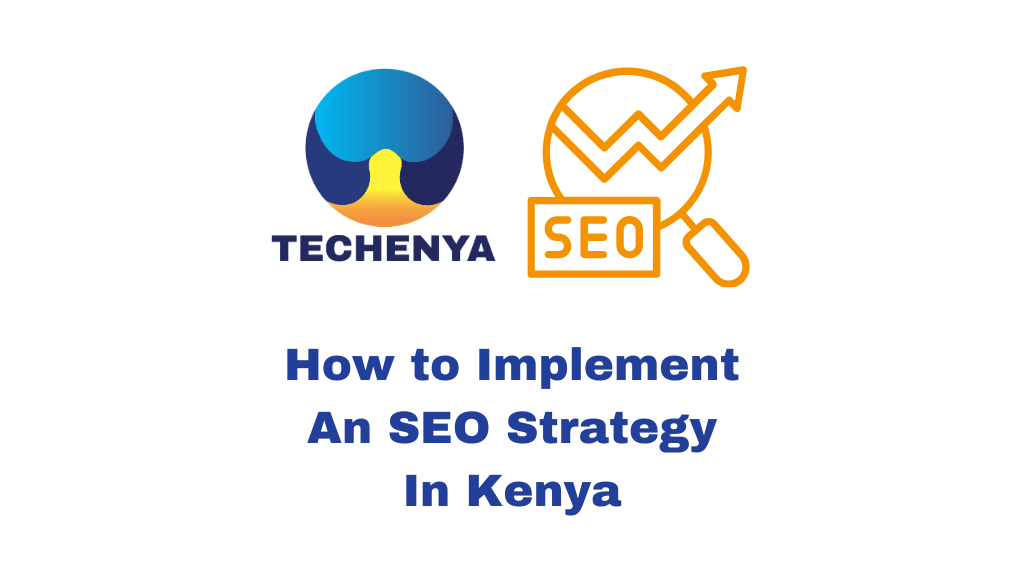
What’s Next for SEO in Kenya?
We’re entering a new phase. People are getting smarter about what they search for, and competition is growing. Here’s where things are headed — and where smart Kenyan businesses can get ahead:
-
Video SEO: With TikTok and YouTube booming, optimizing video titles, descriptions, and even subtitles is becoming a smart move.
-
Local Language SEO: English isn’t the only language being searched anymore. Businesses writing pages in Kiswahili — or even Sheng where it makes sense — can tap into an underserved audience.
-
E-A-T (Expertise, Authority, Trustworthiness): Google now favors content that seems written by someone who knows what they’re talking about. That means honest advice, real experience, and avoiding clickbait.
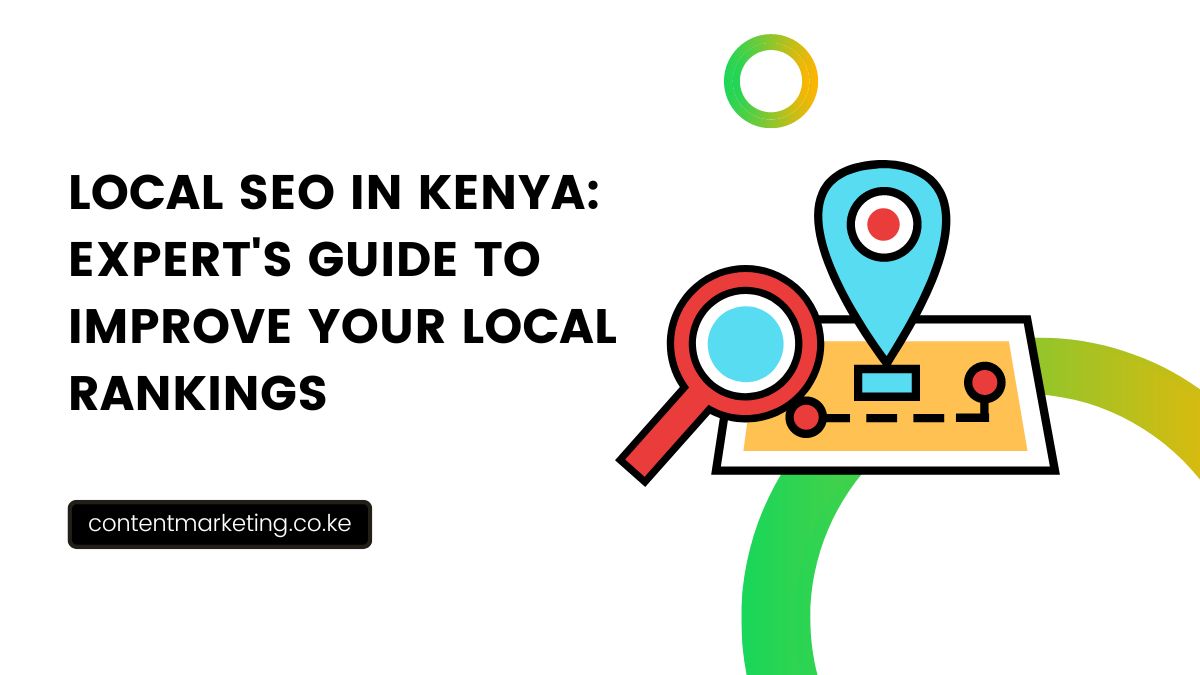
SEO by Industry: What Works in Different Kenyan Sectors
SEO isn’t one-size-fits-all. The tactics that work for a digital agency in Westlands might be very different from what a cleaning service in Kisii or a poultry farm in Eldoret needs. Let’s break it down by a few popular business types in Kenya:
1. Agribusiness & Farming
Kenya’s agritech scene is booming, especially with younger entrepreneurs tapping into farming. SEO can help these businesses attract buyers, suppliers, and partners. Example topics to blog about:
-
“Where to buy organic manure in Kenya”
-
“Best feeds for layers during cold seasons”
People are searching for these things — if you’re the one answering, Google will reward you with visibility.
2.Hospitality & Tourism
Hotels, camps, and Airbnbs especially outside Nairobi (Naivasha, Diani, Nanyuki) benefit greatly from SEO. Think:
-
Google Business Profile optimization
-
Local travel blogs (“Top 5 budget lodges in Naivasha”)
-
Photo alt tags for rooms, food, and views
Tourists often Google before they travel. Showing up could mean the difference between an empty room or a full house.
3. Beauty, Fashion & Personal Services
Salons, spas, barbers, and fashion designers — many rely on walk-ins and social media. But SEO lets people find you when they’re ready to buy. Consider:
-
Adding prices and booking info to your website
-
Writing about style tips (“Best hairstyles for 2025 Kenyan brides”)
-
Posting reviews from real clients
It’s simple, but powerful.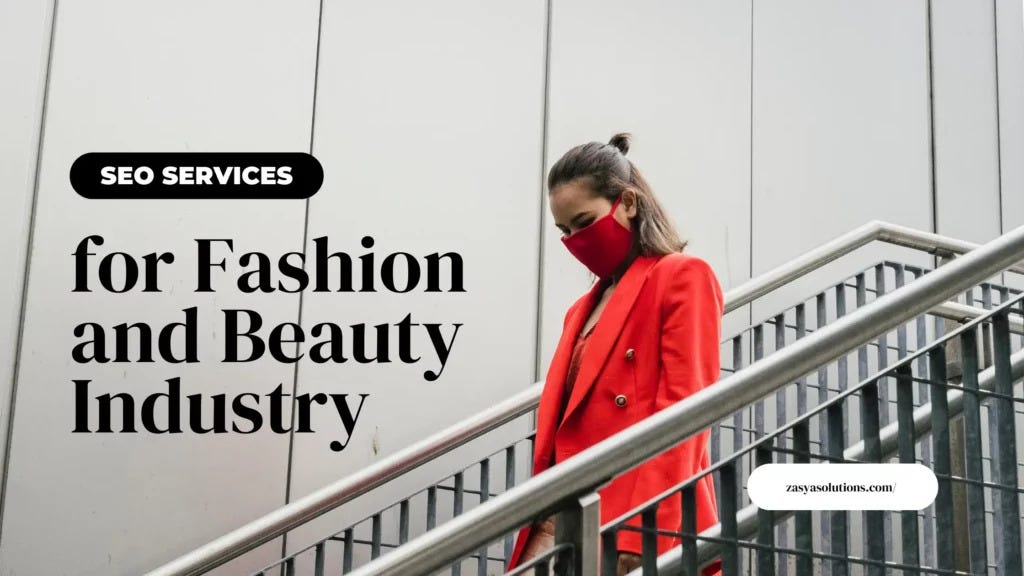
Smart SEO Moves for Small Businesses
Even without a big budget, there are smart, low-cost things you can do to boost your visibility:
Claim and verify your Google Business Profile
It’s free and can rank your business for local searches. Add photos, update your hours, and respond to reviews regularly.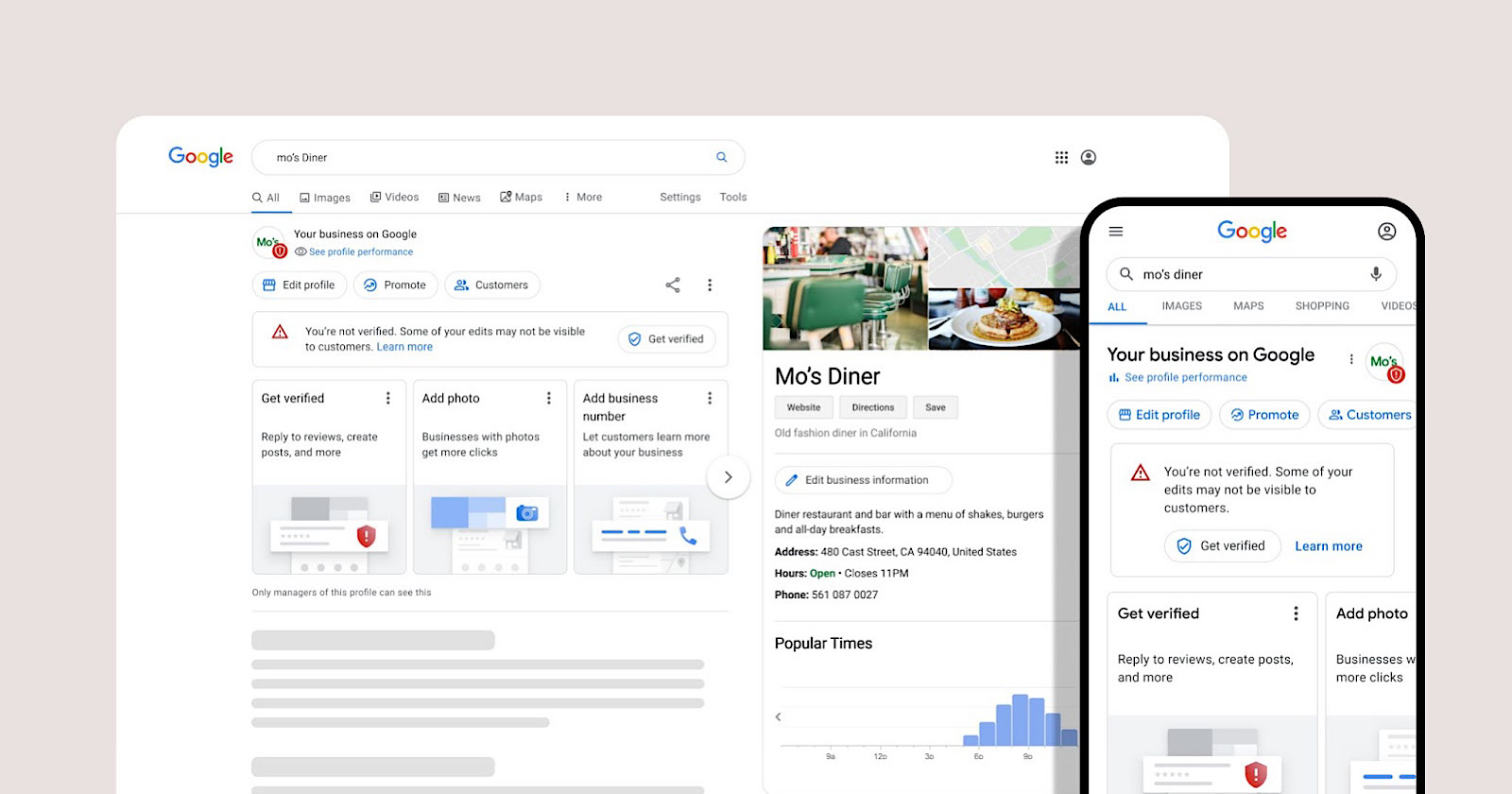
Write helpful content once a month
Not salesy stuff — just solve a problem your customer has. Even short posts like:
-
“How to care for leather shoes in Nairobi weather”
-
“What to ask your wedding photographer before booking”
If someone types that question into Google and finds your site — you’ve already built trust.
Use original images and tag them
Don’t use stock photos if you can help it. Google favors real, localized content. And yes, add alt text (e.g., “Choma Zone Restaurant in Lang’ata front view”) so Google knows what the image is.
SEO Training & Resources Available in Kenya
If you’re not ready to hire an agency, there are ways to learn the basics:
-
Ajira Digital Training – Government initiative teaching digital skills including SEO.
-
Free Google Digital Skills Courses – Great intro for small business owners.
-
Local SEO meetups & webinars – Follow Kenyan digital marketers on Twitter/LinkedIn for events.
Even learning how to use Google Search Console can give you a better understanding of what people search before landing on your site.
One Final Myth to Bust
“If I get a website, SEO just happens automatically.”
Nope.
Having a website is like building a shop. SEO is putting up the signboard, organizing the shelves, lighting the space, and keeping it clean so people want to come in (and buy).
It’s a process. But a manageable one — and it’s often the missing link between visibility and success.
Advanced but Practical SEO Tactics for Kenyan Entrepreneurs
Once you’ve got the basics like your Google Business Profile and a mobile-friendly website handled, what’s next? Here are a few next-level strategies that don’t require a computer science degree — just curiosity and consistency.
1. Build Internal Links
This sounds technical, but it’s really just linking from one page of your website to another. For example, if you write a blog post on “How to Choose Office Furniture in Kenya,” you can naturally link to your product page for office desks.
It helps Google understand the structure of your site — and it helps users navigate too.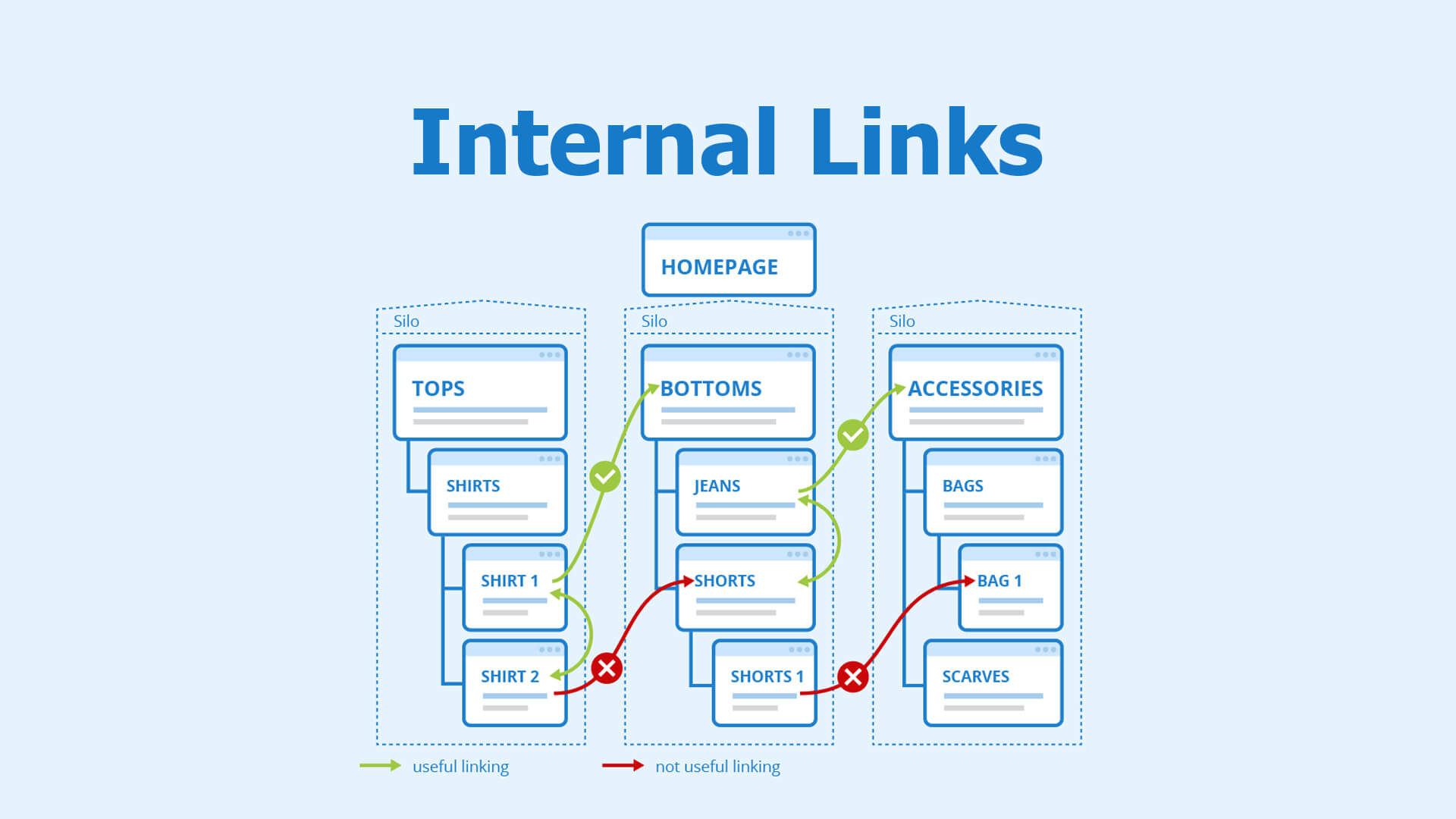
2. Monitor What People Are Searching
Use free tools like Google Trends or Answer the Public to discover what Kenyans are searching. Type in “car hire Kenya” or “organic skincare Nairobi” and you’ll find questions, ideas, and related keywords you hadn’t even considered.
These can inspire blog topics, new pages, or even new services you might offer.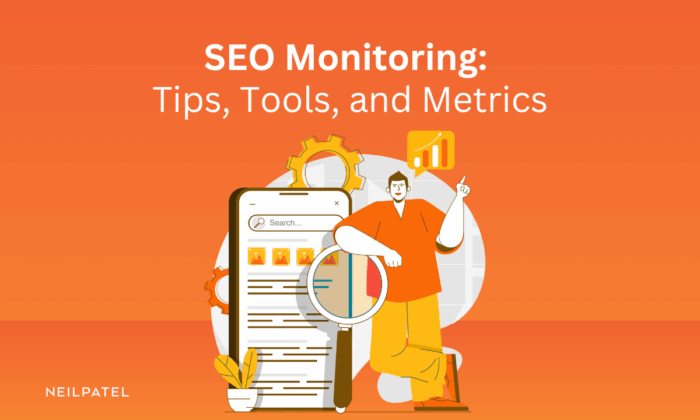
3. Add an FAQ Section
An underrated SEO tactic that works well in Kenya — especially with mobile users. Add a short FAQ (Frequently Asked Questions) section at the bottom of your service or product pages. This can include:
-
“Do you deliver outside Nairobi?”
-
“What payment methods do you accept?”
-
“How long does it take to get my order?”
Google loves FAQs — they can even show up in the search snippet, boosting your visibility and trust.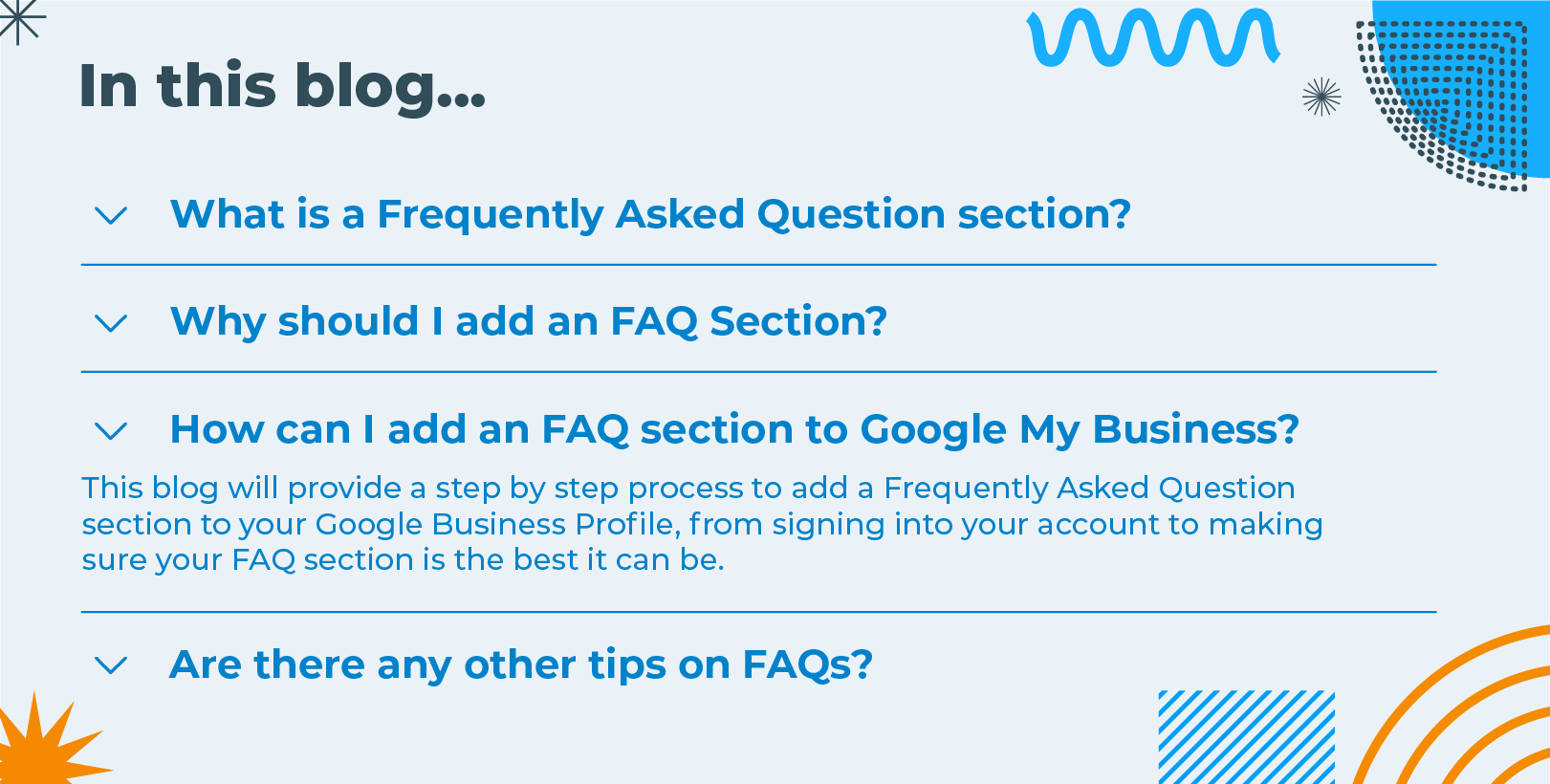
Local SEO Beyond Google: Don’t Forget Kenyan Directories
While Google is king, don’t underestimate the power of local directories and platforms specific to Kenya. You can list your business on:
-
Pigiame – especially for products
-
Jiji (formerly OLX) – still popular in many towns
-
KenyaYetu.co.ke – for local service-based businesses
-
BrighterMonday – useful if you’re offering training or professional services
Each listing acts like another “road” pointing to your business. Plus, some of these sites already rank highly — which means your listing can ride their visibility.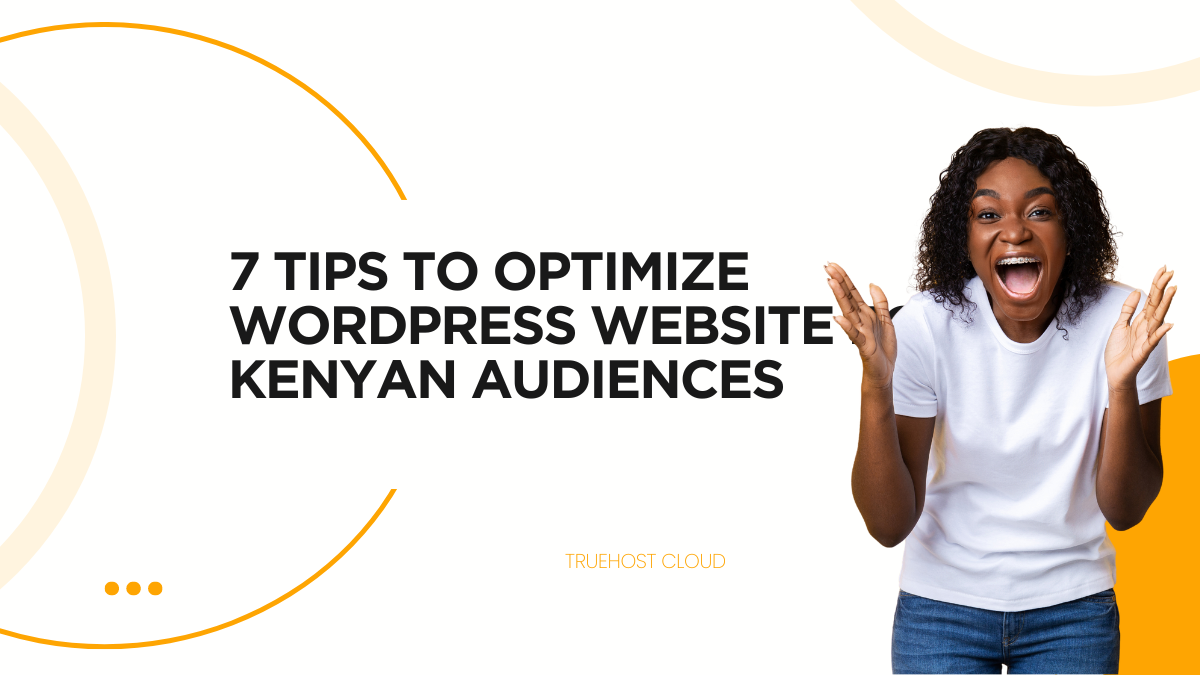
SEO Misconceptions Common Among Kenyan Businesses
Let’s bust a few myths that still make the rounds in local business circles:
“SEO Is Only for Online Stores”
Even if you run a physical shop in Ngong, a tailoring business in Meru, or a construction company in Machakos — people are Googling services near them. And if you don’t show up? They find your competitor instead.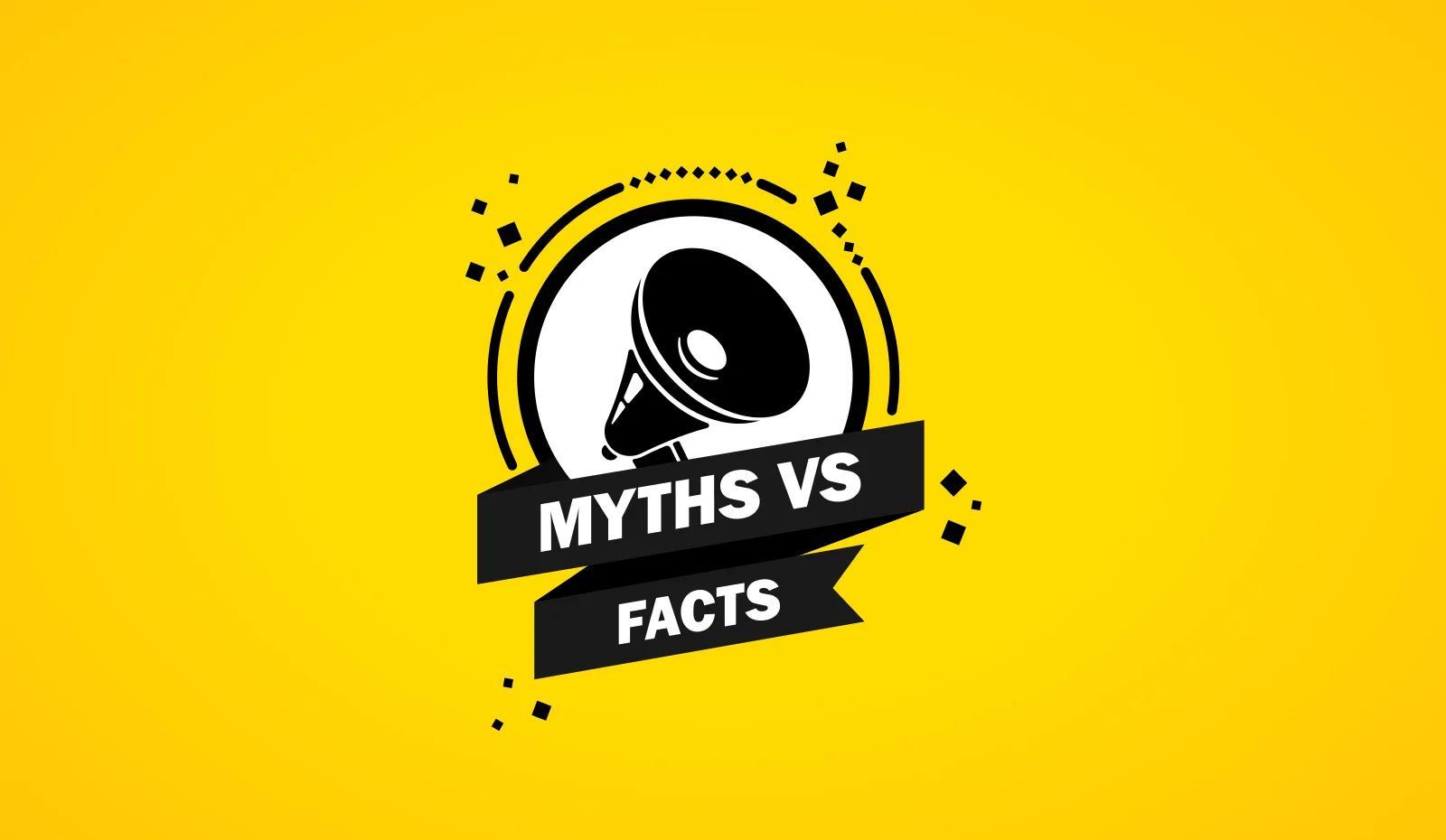
“I Need to Be on Page One Immediately”
This is like going to the gym once and expecting a six-pack the next day. SEO takes time. Realistically, 3–6 months is a good window to begin seeing meaningful progress.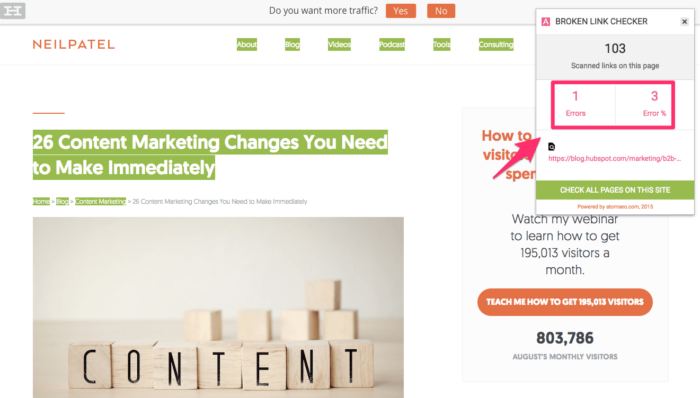
“If I Have Social Media, I Don’t Need SEO”
Social media and SEO work best together. SEO brings you traffic from search — people who are already looking for your service. Social media helps build community. You want both.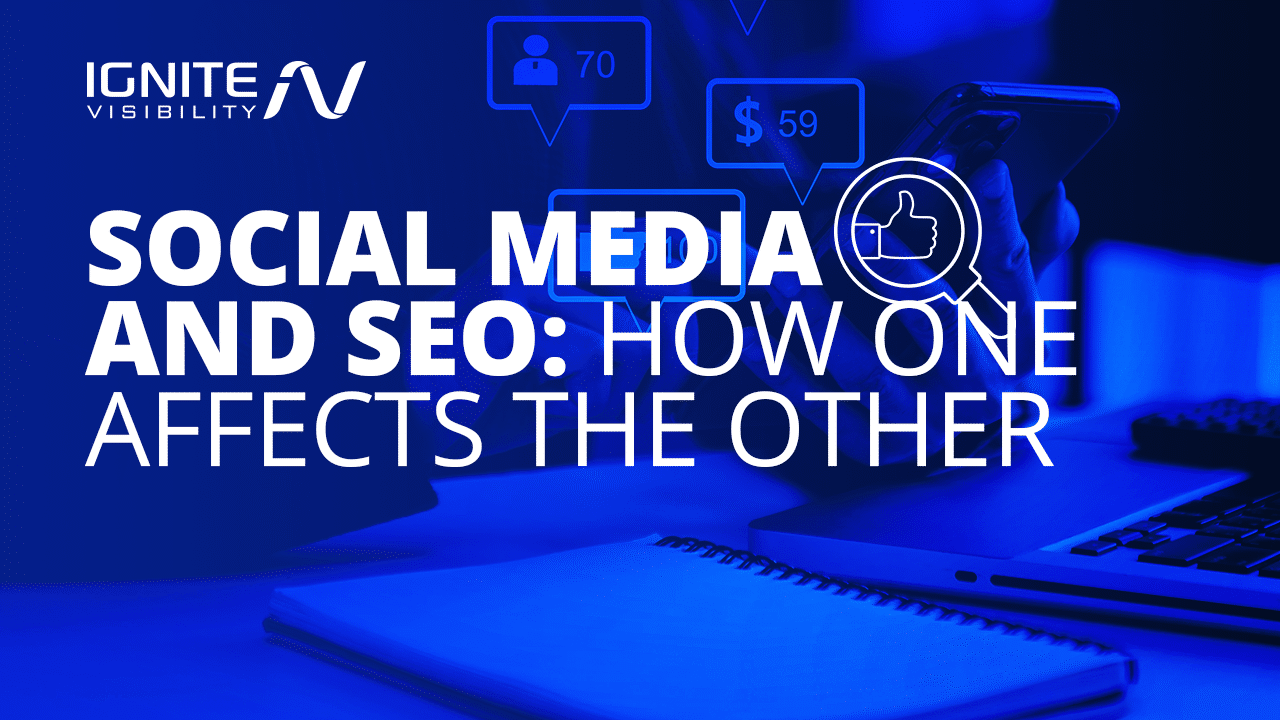
The Future of SEO in Kenya: Where Are We Headed?
Here’s what savvy entrepreneurs and marketers in Kenya are already preparing for:
1. AI & SEO Tools Becoming More Accessible
Tools that were once expensive or complicated are now available for free or as budget-friendly apps. This levels the playing field for small businesses who want to optimize their content — without needing to hire a full-time agency.
2. Voice Search in Sheng and Kiswahili
The more people speak to their phones, the more search engines need to understand casual, local language. Businesses that adapt their content to include natural, conversational terms — even slangs and local dialects — will be ahead of the curve.
3. Product-Based Search and E-commerce SEO
With platforms like Sky.Garden, Jumia, and Shopify opening up to Kenyan sellers, ranking product pages in Google search is becoming just as important as running a Facebook Ad.
SEO for e-commerce in Kenya will be the next big thing — especially for niche categories like handmade crafts, organic health products, and custom fashion.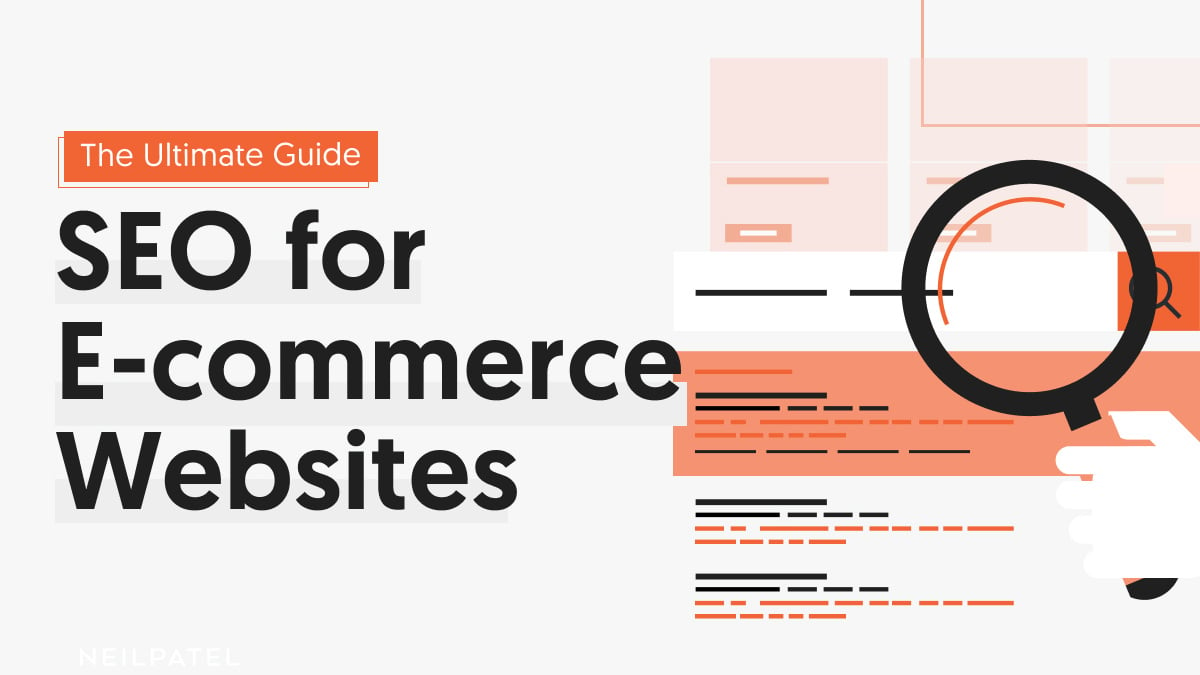
What About SEO for Kenyan Content Creators and Influencers?
A lot of digital creators in Kenya — whether they’re YouTubers, TikTokers, bloggers, or podcasters — focus on engagement: likes, comments, and shares. All important. But what if you could get search traffic too?
That’s where content SEO comes in. If you’re a content creator, SEO helps people discover you organically, even long after you’ve posted.
For instance:
-
A travel vlogger documenting a trip to Turkana could optimize the video title to:
“Things to Know Before Traveling to Turkana | Budget Travel Tips in Kenya” -
A YouTube video called “How to Apply for HELB in 2025” could include a written summary below the video that’s optimized with search phrases like “HELB loan process Kenya” and “latest HELB requirements”.
-
A food blogger posting a recipe for samosa filling can name the blog post:
“Easy Samosa Filling Recipe with Minced Meat – Kenyan Style”
It’s about meeting people where they search — and bringing your content into the spotlight without always having to “go viral.”
How to Know If Your SEO Is Actually Working (Without Needing a Digital Degree)
You don’t need fancy dashboards or monthly agency reports to track progress. Start with these three simple checks:
1. Search for Your Business or Content
Use an incognito window (so your personal history doesn’t affect results). Type in:
-
Your business name
-
Your main product/service + location (e.g., “Bakery in Donholm”)
Do you appear on page one? Page two? Not at all? Take note.
2. Check Google Search Console
It’s free. It shows:
-
Which keywords bring people to your site
-
How many people saw and clicked your links
-
Which pages are performing well
Don’t worry about perfect metrics. Just look for improvement over time.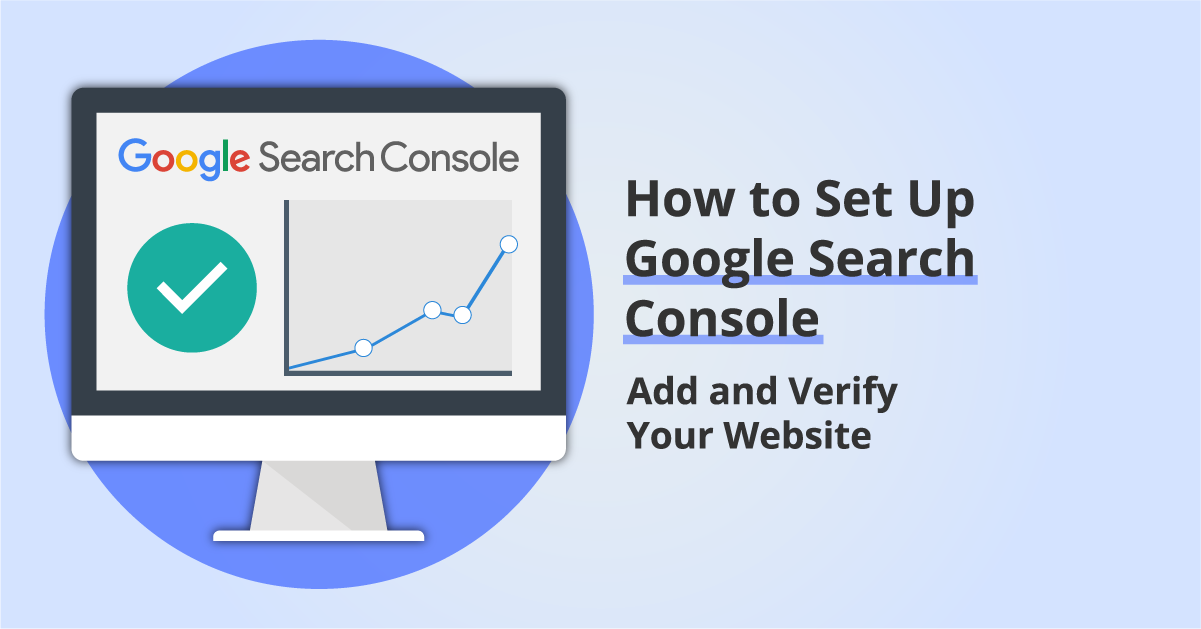
3. Watch for “real world” signals
Sometimes the best SEO metric is someone walking into your store saying:
“I found you on Google.”
That’s data too.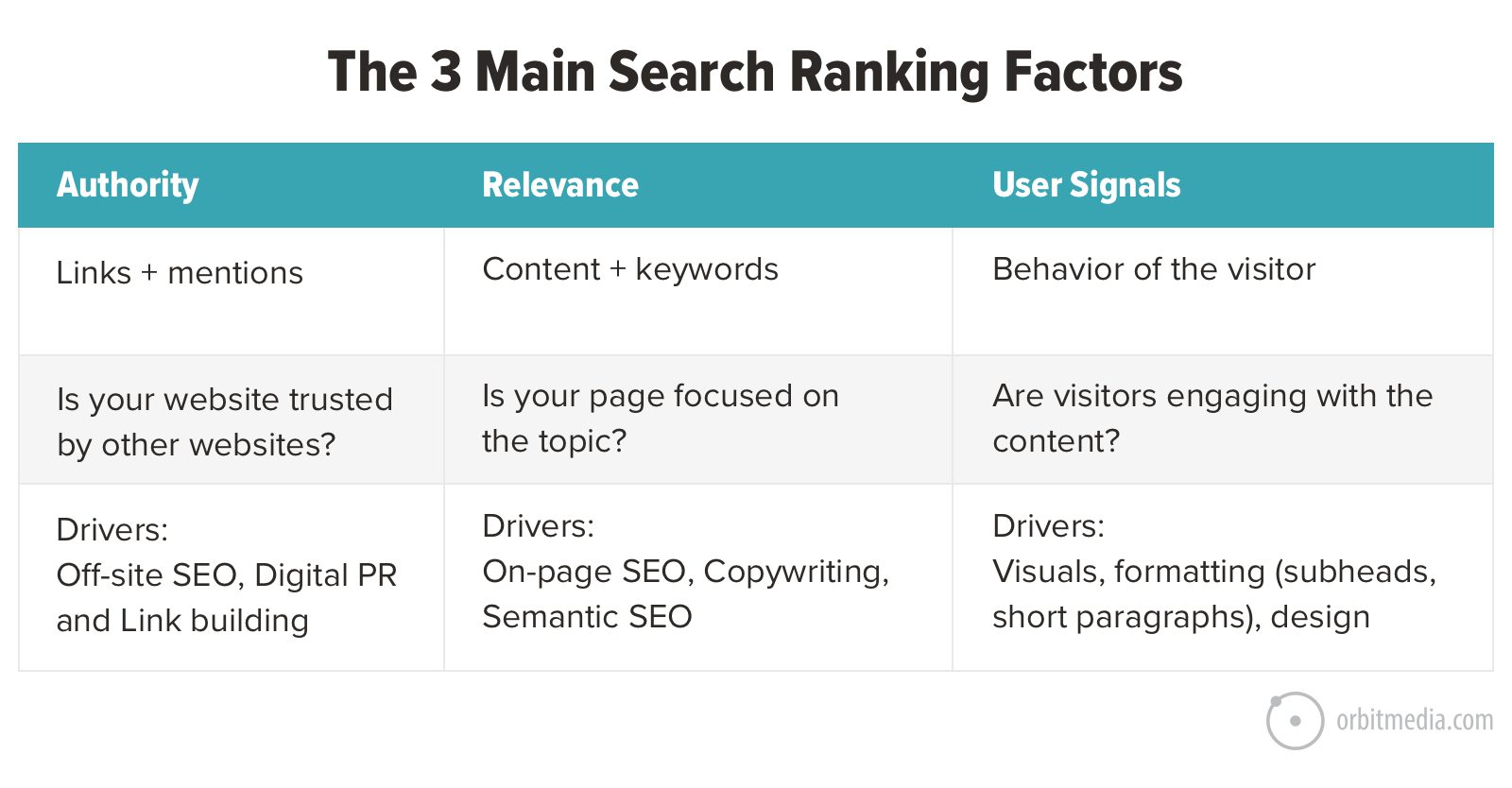
Future-Proofing Your Business with SEO
Here’s a simple truth: platforms change. Algorithms change. Social media trends rise and fall. But what people search for — their needs — stay fairly consistent.
That’s why SEO is such a solid foundation.
And here’s how to keep up without getting overwhelmed:
Keep Learning, But Stay Local
Don’t just follow SEO advice from the U.S. or UK. Kenyan SEO has its quirks:
-
Internet speeds
-
Mobile-first habits
-
Cultural references
Local search terms like “mpesa withdrawal charges 2025” or “where to buy maize flour in bulk Nairobi”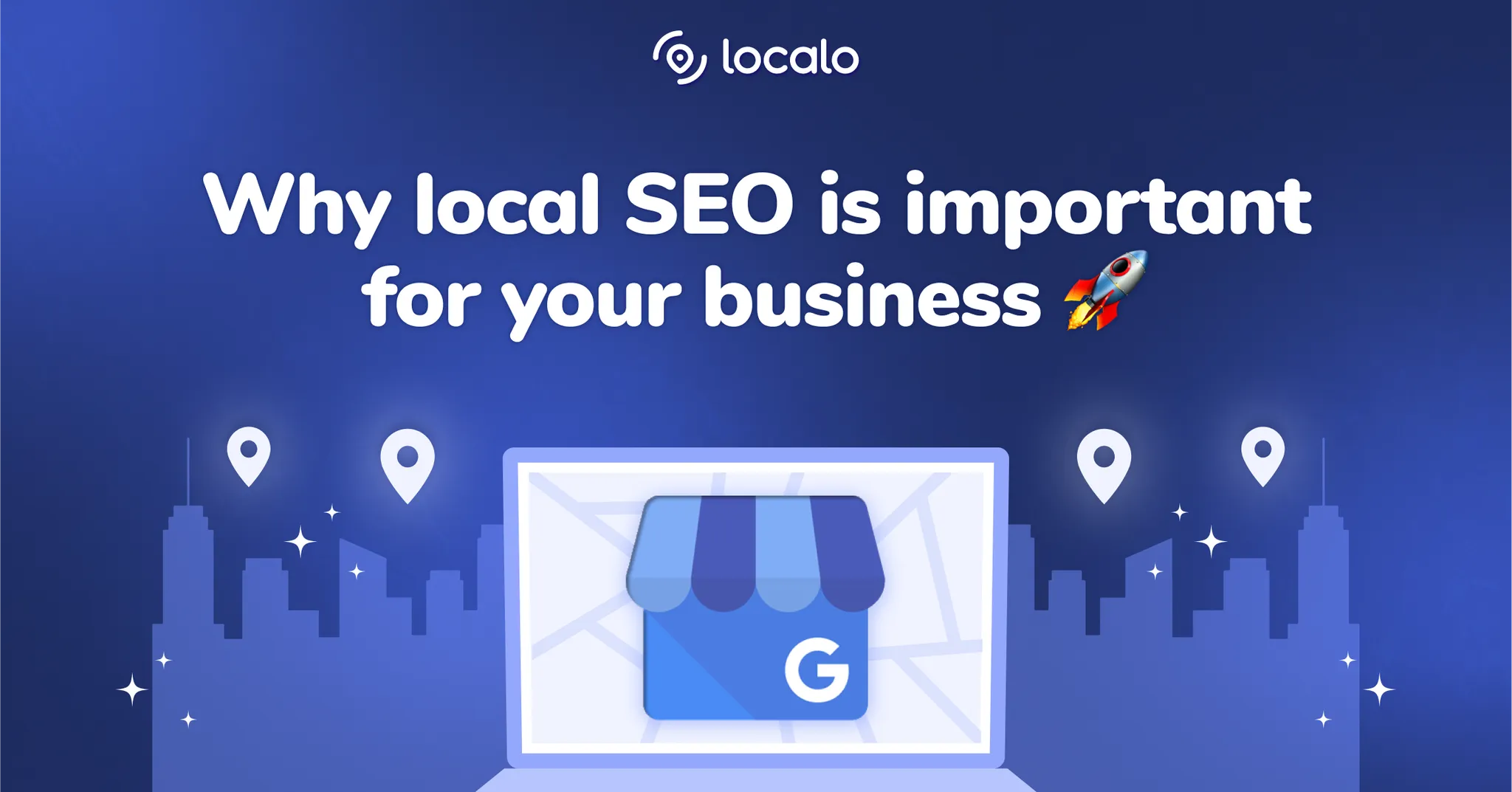
Resources You Can Trust (That Aren’t Overwhelming)
-
Google Digital Skills for Africa – Free, with real examples
-
Kenyan tech Twitter (X) – Follow local marketers sharing what works here
-
Business WhatsApp groups – Local entrepreneurs often share tips that are way more practical than YouTube “gurus”

Make SEO Part of Your Monthly Routine
Don’t treat it like a one-time project. Instead:
-
Add a new blog post or product update once a month
-
Check your site speed every 2–3 months
-
Review which search terms people are using to find you
Bit by bit, this becomes second nature.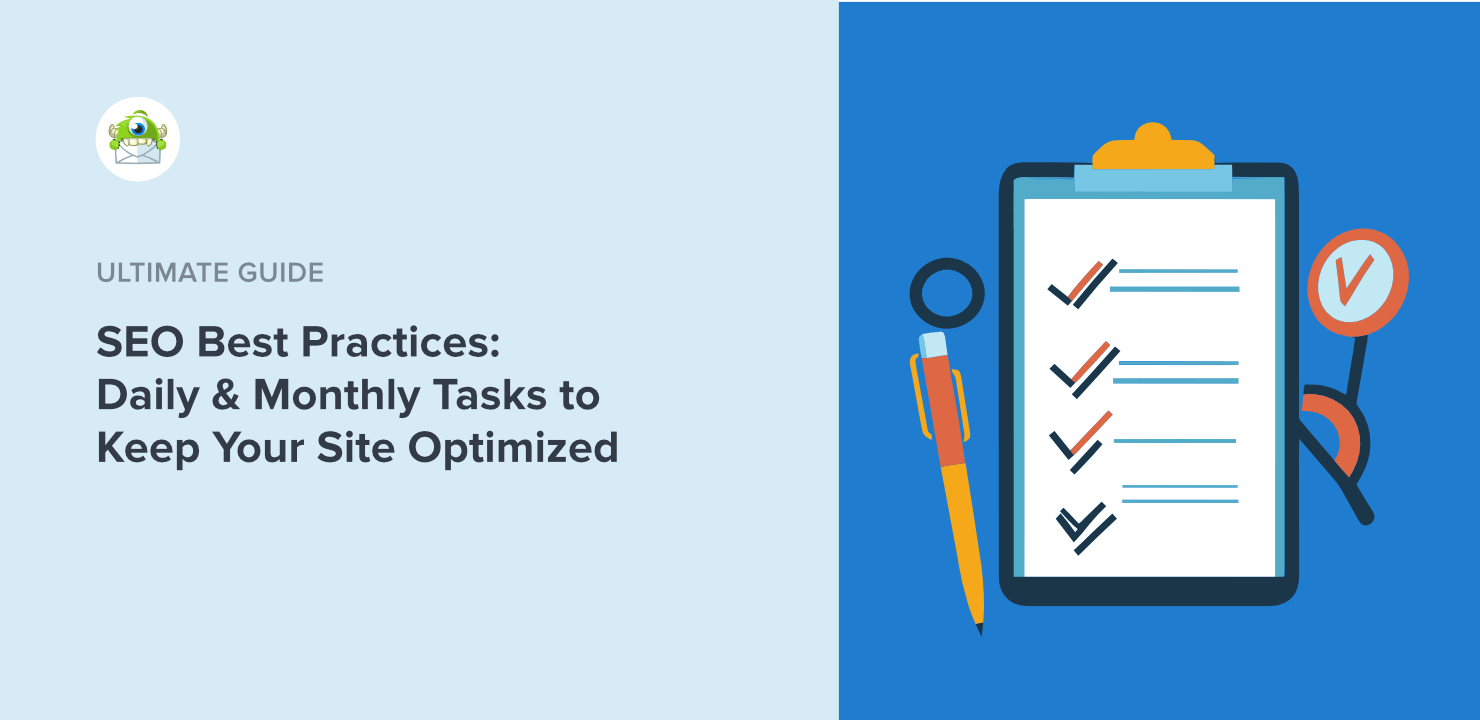
The Real Opportunity: Be One of the Few Doing It Right
The truth? Most businesses in Kenya still haven’t fully embraced SEO. Many rely only on referrals, Instagram, or word of mouth.
So the bar isn’t high — not yet.
If you take the time to:
-
Create content that answers real questions
-
Show up where your customers are searching
-
Keep improving your online presence
…you’ll be miles ahead of the competition in just 6–12 months.
And the best part? Unlike ads, SEO keeps working in the background, even while you sleep.
SEO for Niche Kenyan Businesses: Hidden Opportunities
You might think SEO only matters if you sell tech gadgets or run a digital agency. But some of the most untapped opportunities lie in hyper-specific niches that are currently underserved online.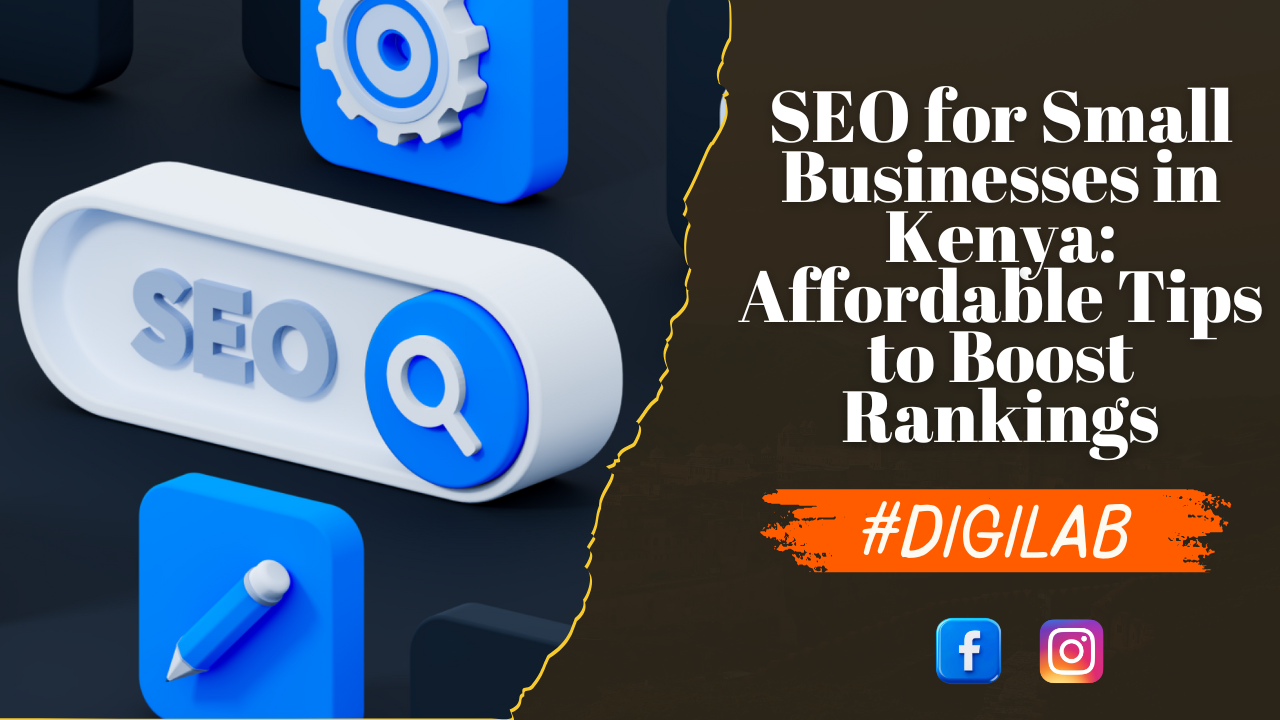
1. Cultural & Traditional Businesses
Take a moment and Google: “Where to buy Maasai shukas in Kenya” or “Traditional Kikuyu wedding attire Nairobi.”
You’ll notice very few organized, helpful results — if any.
This is a big opportunity.
Whether it’s beadwork, traditional herbal remedies, Gikuyu artifacts, or Luo attire for cultural ceremonies, there’s a real hunger for culturally-rooted products and services. SEO can give these traditions a digital home and connect them with both local and international audiences.
Tip: Create pages with titles like:
-
“Where to Find Authentic Kikoi in Kenya”
-
“Top 5 Herbal Remedies Used in Kenyan Culture and Their Benefits”
That’s the kind of content Google struggles to find — and will reward when it’s published with clarity and care.
Let’s Talk About Backlinks (Without the Geek Speak)
In SEO, backlinks are when another website links to yours. It’s like a digital referral. Google sees it and thinks, “Hmm, if other people trust this content, it must be useful.”
How can you get backlinks in Kenya?
-
Collaborate with bloggers or influencers — offer your expertise or quotes for their articles.
-
Get listed on local directories — think Nairobi Garage, Kenya Business Directory, etc.
-
Guest post — write for someone else’s website in your industry and link back to yours.
Don’t try to buy links or use shady tactics. Google catches on. Focus on value and relationships — just like you would offline.
Why Your Website Hosting and Design Matter for SEO
Here’s something most people overlook — where your site is hosted and how it’s built directly affects how Google sees it.
Speed is king
A slow website can hurt rankings. If your hosting is unreliable or your images are too large, visitors leave quickly — and Google notices.
Pro tip: If you’re targeting Kenya specifically, consider a host that offers servers close to Africa for better loading times. Also, compress your images using tools like TinyPNG.
Mobile-first design is not optional
Most Kenyans access the web on mobile — not laptops. If your website isn’t mobile-friendly, you’re leaving traffic (and money) on the table.
Do a quick check:
Visit your website on your phone. Can you read everything without pinching or zooming? If not, it’s time for an update.
The Language of Trust: Writing Content That Feels Local
One mistake many Kenyan businesses make is sounding too formal or “international” online. But when your audience is local, relatability is more important than polish.
For example:
-
Instead of “Request a quotation for our premium services,”
say “Let us send you a simple quote — no pressure.” -
Instead of “Our digital solutions are tailored to meet your requirements,”
say “We help you get found online — especially by people in your area.”
Remember: People trust people. Not corporations. Not robots.
Use your voice. Speak like your audience. Use Kiswahili, Sheng, or your mother tongue where appropriate. It’s not unprofessional — it’s human.
SEO + Trust = Long-Term Growth
Let’s be honest — SEO doesn’t offer instant results like running an M-Pesa promotion or paying influencers. But here’s the thing: once it starts working, it keeps working.
-
A blog you write today can bring in traffic next month, next year, even two years from now.
-
Google reviews you collect this month will build your reputation long-term.
-
A well-optimized product page may continue ranking even if you don’t touch it again.
That’s compounding trust.
You’re not just running a business. You’re building a reputation — one that search engines and customers alike will begin to recognize and reward.
SEO and Trust: Why Google Needs to “Believe” You Exist
It might sound strange, but Google doesn’t know your business exists — until you give it enough signals to trust that you’re real.
These signals go beyond just having a website. They include:
1. Consistent Contact Information
Make sure your business name, phone number, and location are the same everywhere — on your website, Google Business Profile, Facebook Page, and online directories. Inconsistencies confuse search engines (and customers too).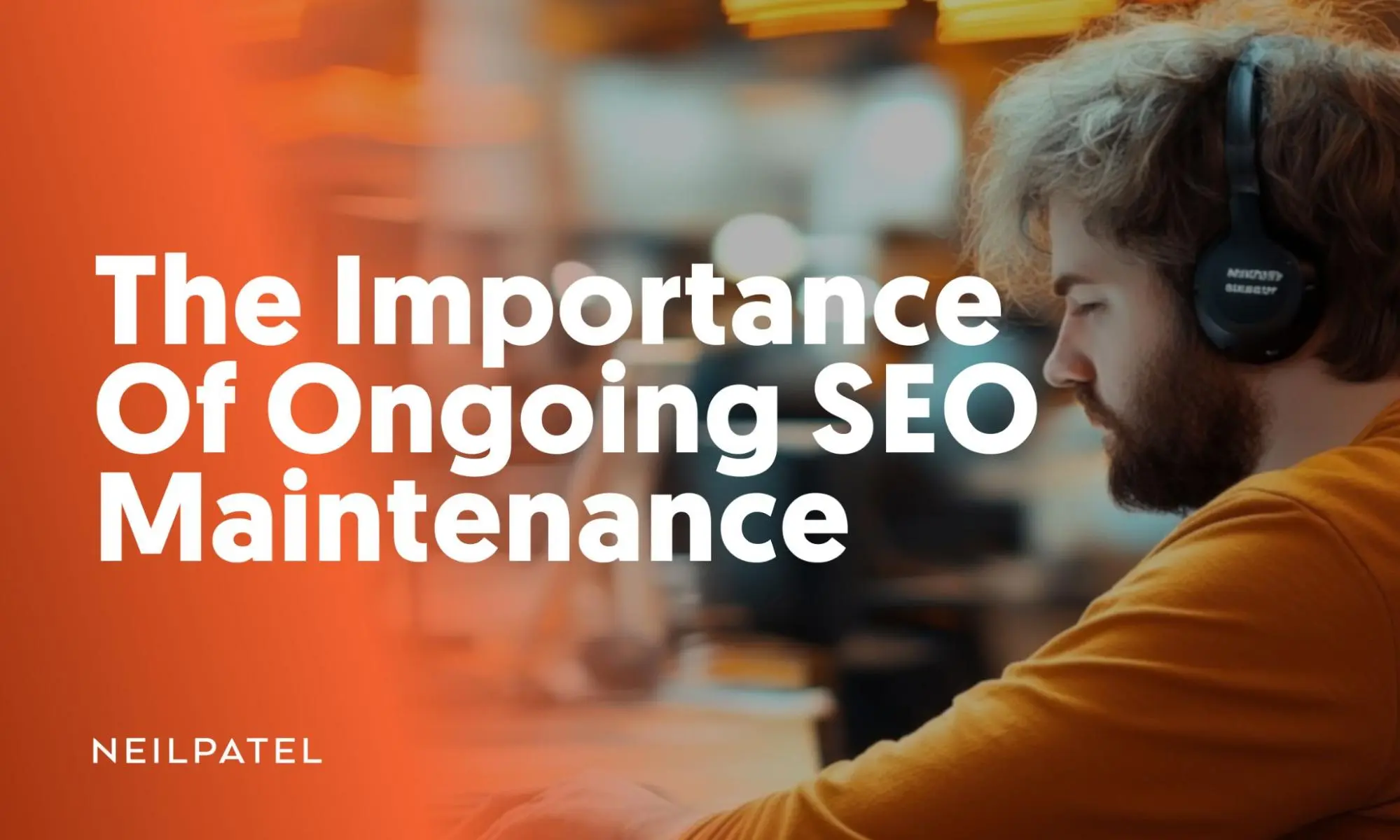
2. Active Updates
If your site hasn’t changed in a year, Google assumes it’s inactive. Posting a short blog or updating a service description shows you’re still operating — and Google takes notice.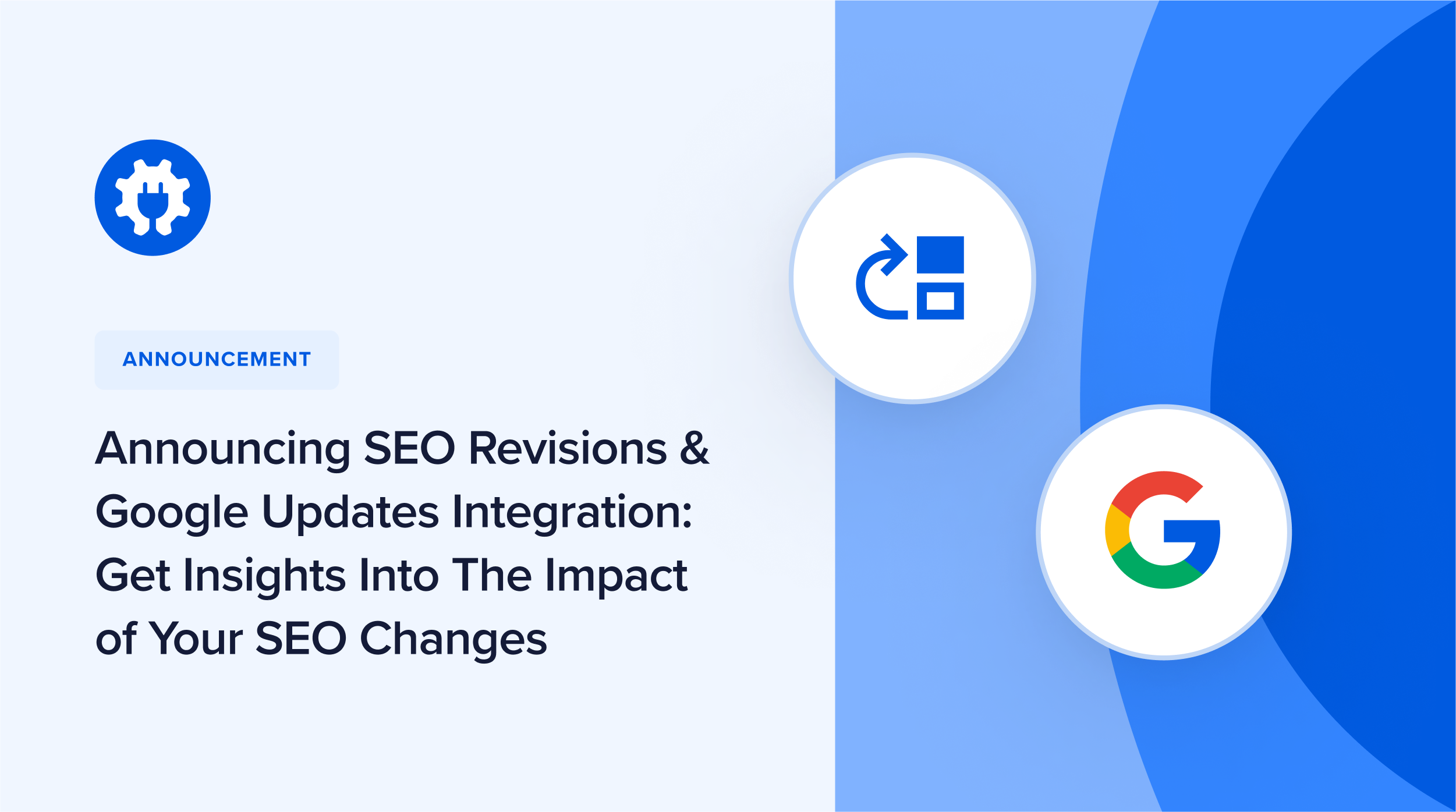
3. Third-Party Mentions
If someone writes about your business (even in a Facebook group or a local blog), it helps your online reputation. These “off-site signals” improve your domain authority over time — even if the mentions are informal.
In short: The more digital footprints you leave, the more visible you become.
Turn Customer Feedback into Search Power
You already have one of the most powerful SEO tools — your customers. Their reviews, messages, and FAQs contain natural language and real keywords that people actually use.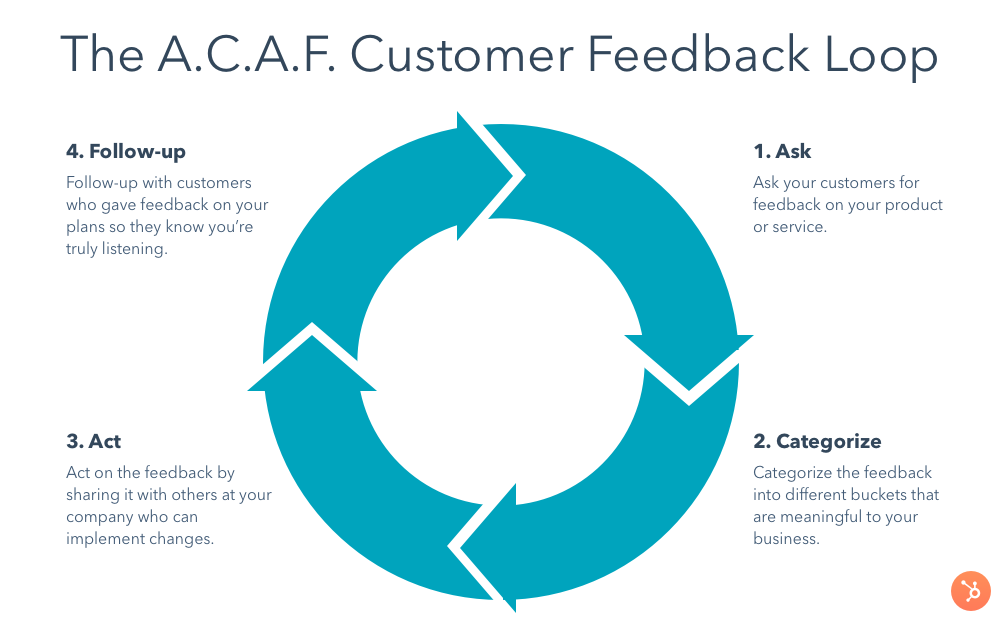
When a client says, “You guys are the most affordable cleaning service in Rongai,” that’s gold.
Now imagine your website using a line like:
“Many of our clients call us the most affordable cleaning service in Rongai — and we’re proud to keep earning that trust.”
You didn’t “optimize for keywords” — you just reflected real language. That’s what search engines (and readers) love.
SEO vs. Social Media: Not Either/Or — Both
Here’s a key mindset shift: SEO and social media are teammates, not rivals.
-
Social media is like hosting a party — it gets noisy fast, and engagement fades quickly.
-
SEO is more like writing a book — slower to take off, but your value grows over time.

Use each to boost the other:
-
Post your blog articles on Facebook and LinkedIn — drive traffic to your site.
-
Use popular Instagram or TikTok videos as inspiration for written guides.
-
Link your YouTube channel to your website — and add website links in your video descriptions.
A wedding photographer in Nairobi, for example, could:
-
Share behind-the-scenes clips on Instagram
-
Write a blog post: “How to Prepare for a Traditional Wedding Shoot in Kenya”
-
Link it all together on their site and Google profile
That kind of strategy blends reach (social) with long-term value (SEO) — and it works.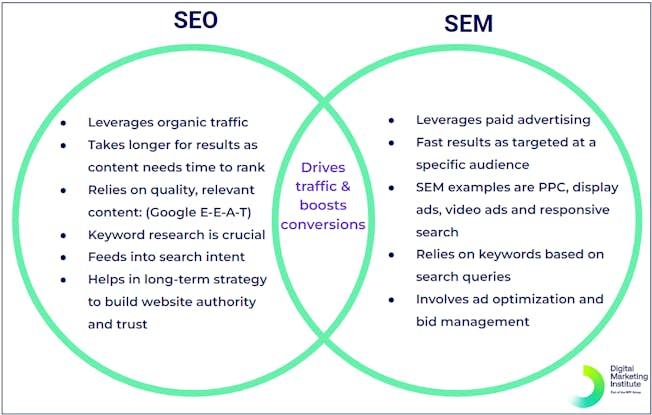
Planning an SEO Roadmap for Your Business
Think of SEO not as a sprint, but a tarmac road you’re building — one stone at a time. Here’s how to structure it over 6 months: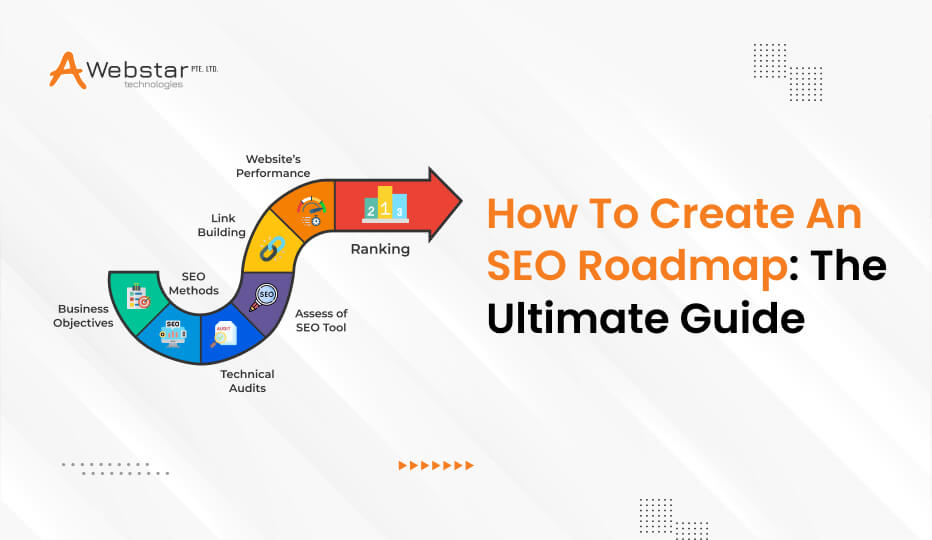
Month 1–2: Lay the Foundation
-
Set up or audit your website (speed, mobile-friendliness, clear contact info)
-
Claim your Google Business Profile
-
Identify 3–5 key services or products you want to rank for

Month 3–4: Create Content
-
Write 2–3 blog posts that answer real customer questions
-
Collect at least 5 customer reviews
-
Get listed in 3 local directories
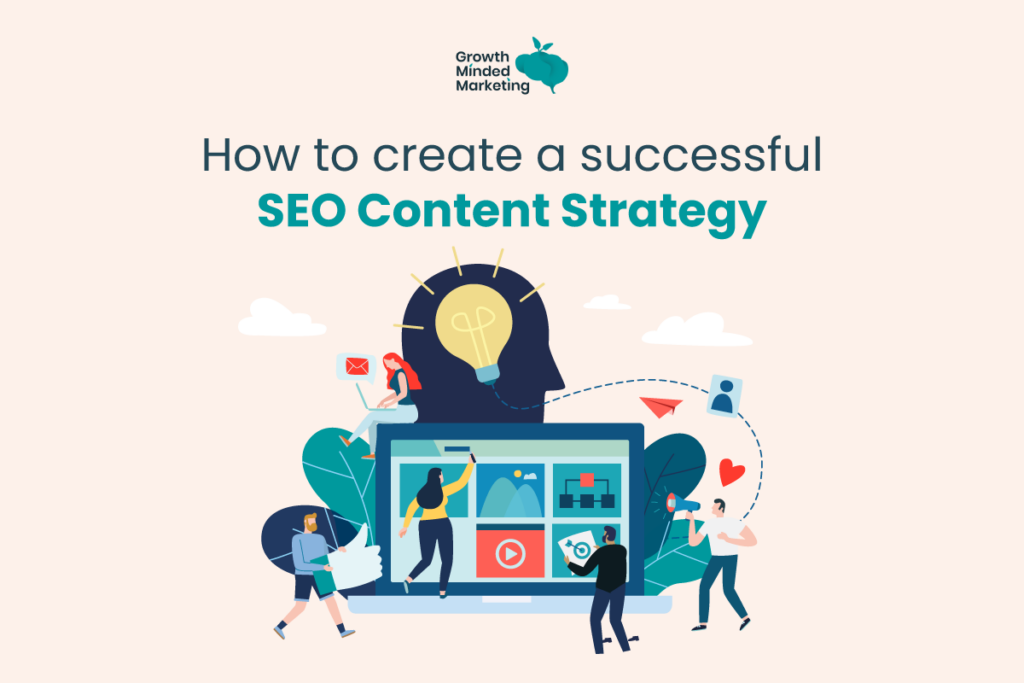
Month 5–6: Refine & Expand
-
Monitor Google Search Console for keywords bringing traffic
-
Optimize pages that are performing well
-
Reach out for guest posts or partnerships that generate backlinks
No expensive tools needed — just time, focus, and a willingness to keep going.
Closing Reflection: Build for Humans First, Google Second
After everything, here’s the one truth most SEO advice forgets: you’re not writing for robots. You’re building trust with real people in a real economy.
So yes, optimize your pages. Write clear titles. Add your keywords when it feels right.
But don’t forget to sound like you.
Add personality. Use phrases like “we love working with local clients” or “our favorite orders come from late-night requests on WhatsApp.”
That’s what makes your business real — and Google loves real.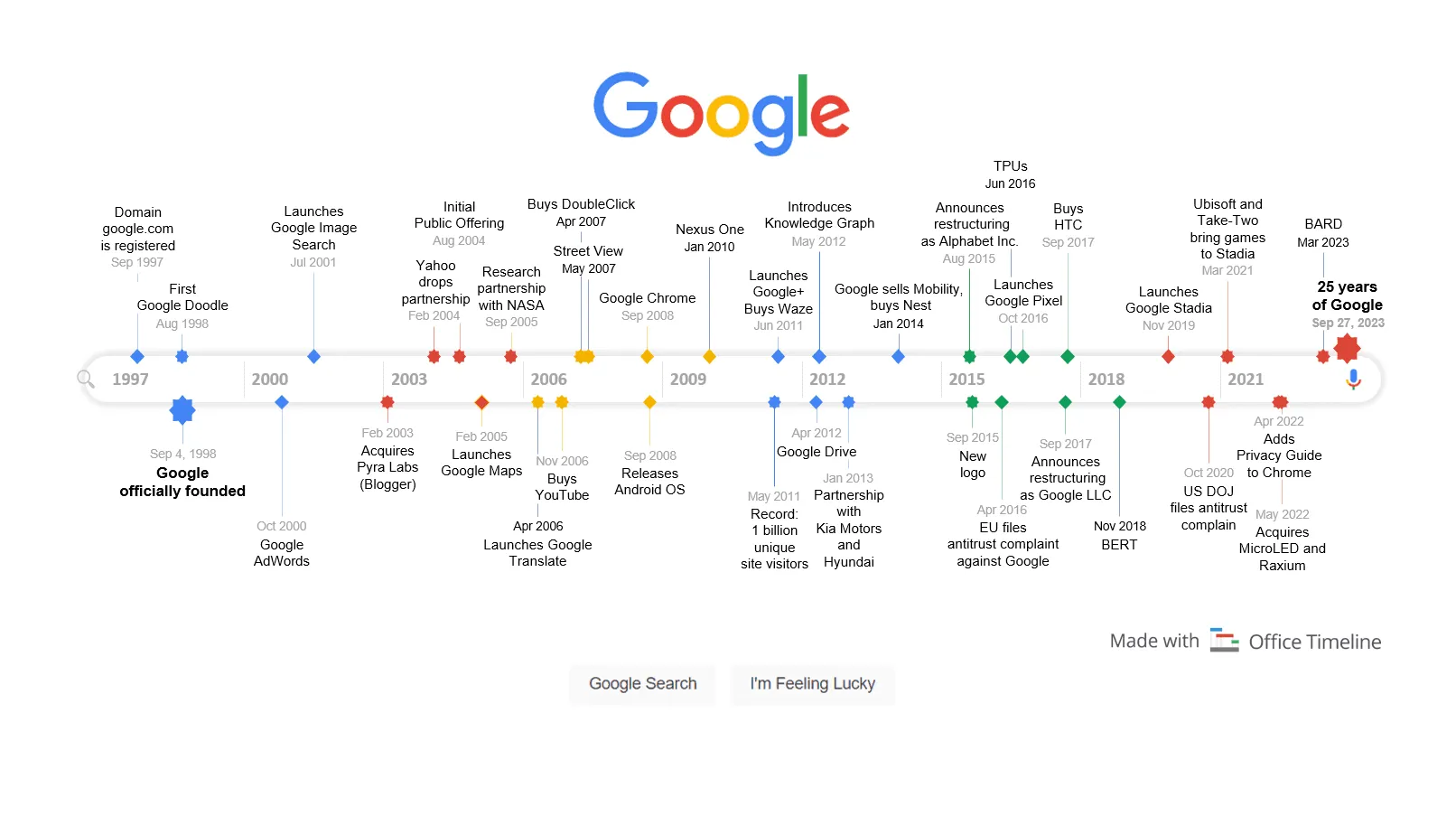
No Website? Here’s How Local Service Providers Can Still Use SEO
Think SEO is only for people with websites? Not quite.
Many Kenyan businesses operate entirely through WhatsApp, Instagram, or even physical referrals. But that doesn’t mean SEO can’t help you.
Here’s how: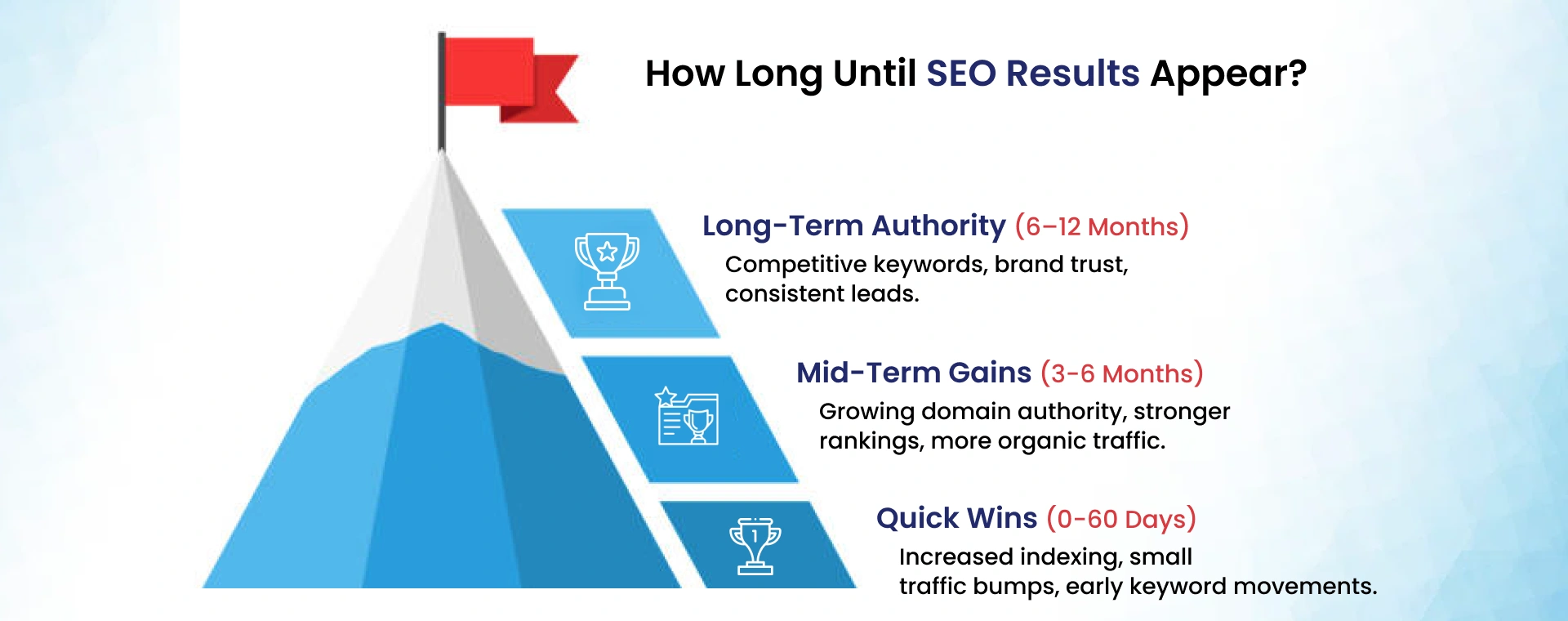
1. Optimize Your Google Business Profile
Even without a website, your Google Business Profile (GBP) can rank on Google. A well-optimized GBP can get you found when people search phrases like:
-
“plumber near me Nairobi”
-
“affordable electrician in Kasarani”
-
“barber in Westlands open on Sunday”
Add:
-
A clear business name and category
-
Photos of your work or products
-
Regular updates (e.g., “Open on Madaraka Day”)
-
Customer reviews — even short ones like “Great service!”
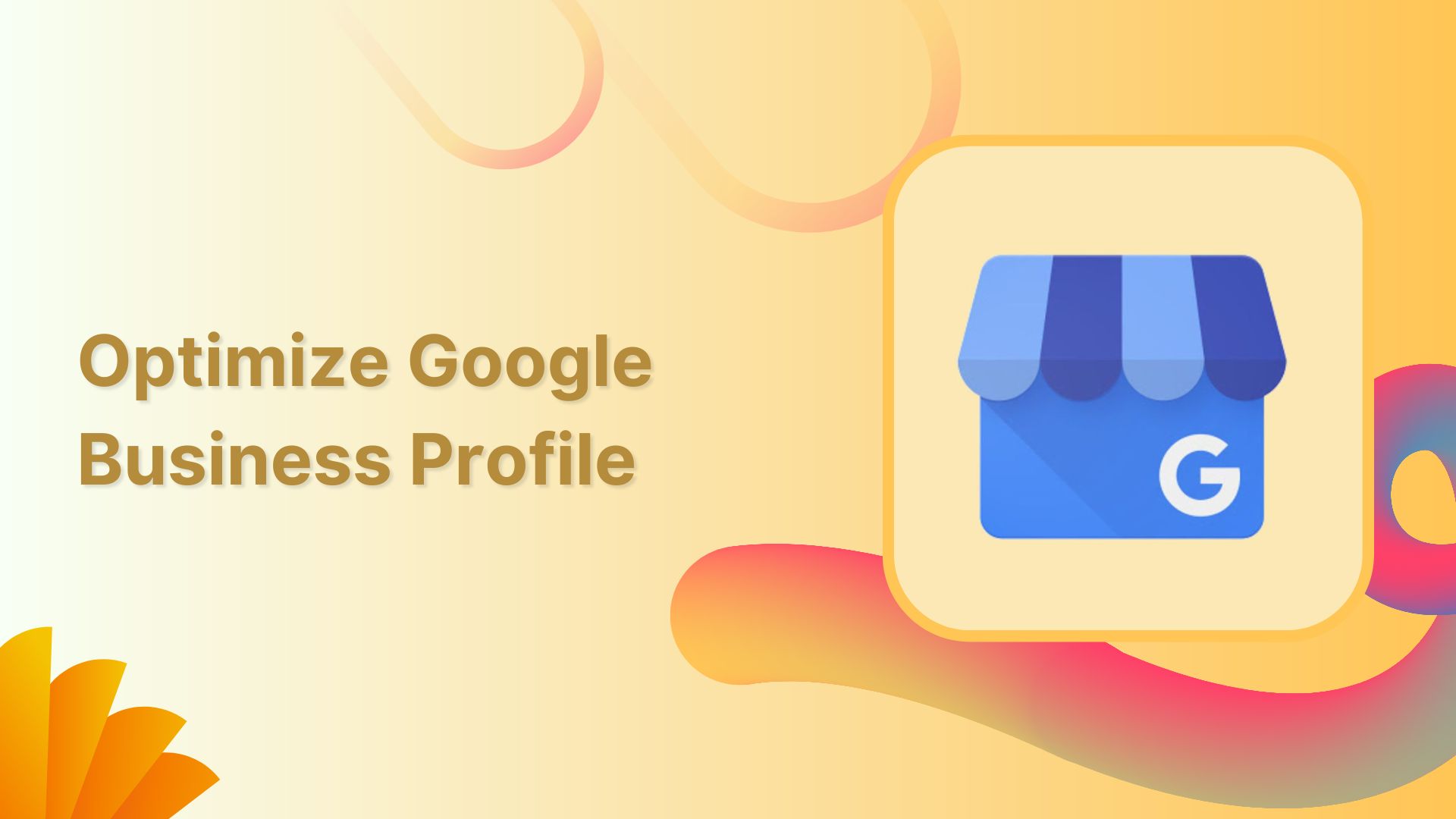
2. Turn Instagram into a Mini Website
In your Instagram bio, clearly state:
-
What you offer
-
Where you’re based
-
How to contact you
Use Highlights to categorize your work. Google sometimes indexes public Instagram content, so it’s worth the effort.
Tap Into Kenyan Seasons and Events for Content Ideas
Search behavior in Kenya changes with the calendar and culture. Use this to your advantage by planning SEO content around:
1. School Seasons
Searches spike for things like “back-to-school offers Kenya,” “KCSE revision tips,” and “school uniforms in Nairobi.”
If you’re in retail or education, these are golden content ideas.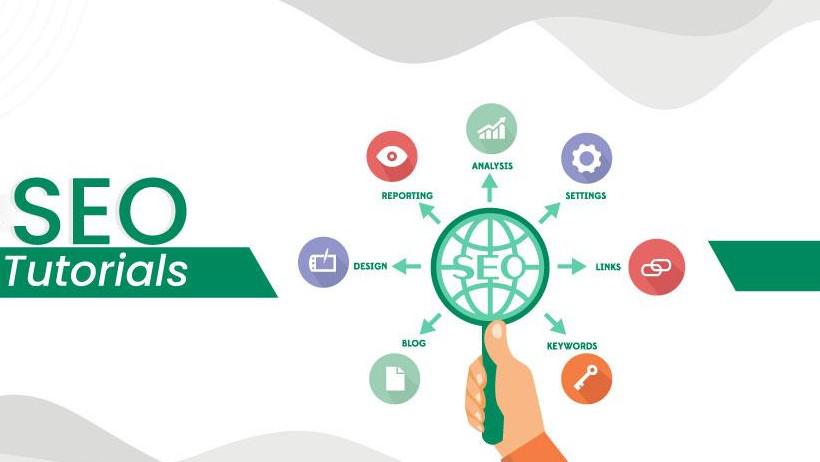
2. Wedding Season (Typically November to March)
If you sell clothes, offer catering, photography, or event spaces — write content like:
-
“Top Wedding Venues in Kiambu Under 200K”
-
“How to Budget for a Kenyan Wedding in 2025”
3. Holidays and Travel
Around Easter, August, and December, people search for:
-
“Cheap flights to Mombasa from Nairobi”
-
“Best places to visit in Kenya with kids”
Tour operators, hotels, and even fuel stations can use this trend.
👉 Pro tip: Use Google Trends (trends.google.com) and set the region to Kenya. It’s free and shows what people are actually searching.
Storytelling: The SEO Power Move Nobody Talks About
One of the best-kept secrets in SEO isn’t technical — it’s storytelling. Real stories from real customers. Stories of challenges and success. Even small anecdotes build trust and engagement.
Here’s why it works:
-
It makes your content memorable
-
People stay on the page longer (Google likes this)
It helps readers connect emotionally — which boosts trust and shares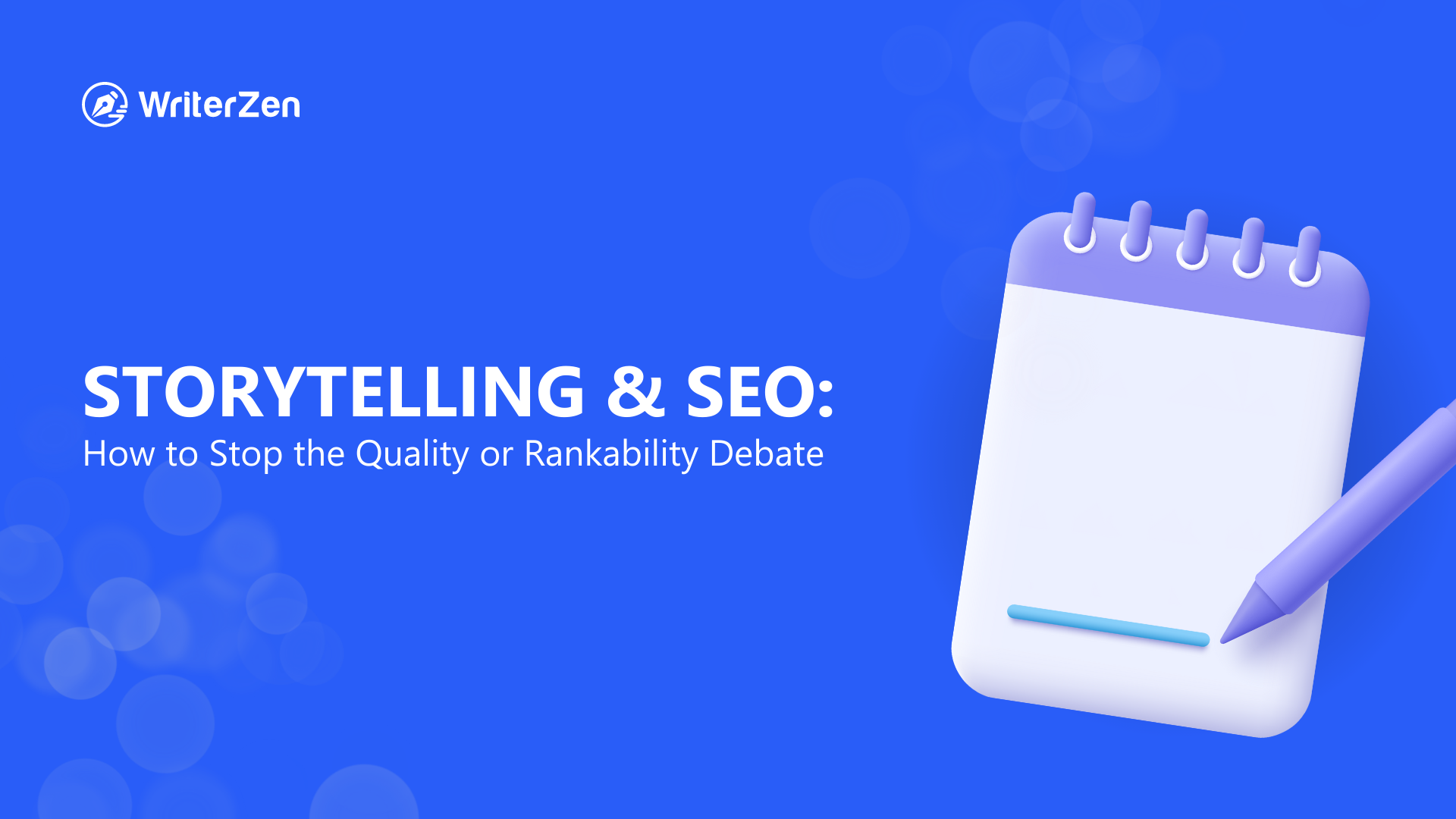
Bonus Tips: Tiny Changes, Big SEO Wins
These small actions can make a noticeable difference:
Use location naturally
Instead of saying “we offer SEO services in Kenya” 10 times, say:
“We’ve helped businesses from Eldoret to Embakasi rank on Google.”
Natural, specific, and much more human.
Break up long text
Use subheadings, bullet points, and short paragraphs. Kenyan users — especially on mobile — appreciate content that’s easy to skim.
Answer questions in plain language
Don’t write “SEO leverages algorithmic efficiency.”
Write: “SEO helps your business show up when someone Googles what you offer.”
Simple = powerful.
Voice Search in Kenya: Is It Time to Start Talking to Google?
Ever heard someone say, “Hey Google, where’s the nearest nyama choma joint?” or “What’s the current fuel price in Nairobi?” If not, you probably will soon.
Voice search is growing in Kenya, especially with the rise of:
-
Affordable Android smartphones
-
Voice-activated features on Google Assistant
WhatsApp voice notes being second nature
Why voice search matters for your business:
People talk differently than they type. When typing, someone might search:
“Nairobi electrician affordable”
But when using voice?
“Where can I find a good electrician in Nairobi who won’t overcharge me?”
So your SEO strategy should start including natural-sounding phrases — the way people actually speak.
Tip: Add an FAQ section to your website with full-sentence answers. Think:
-
“How long does it take to fix a leaking pipe in Nairobi?”
-
“What’s the price of SEO services for small businesses in Kenya?”
Google eats that up — especially when it comes to voice search and featured snippets.
5 SEO Myths That Hold Back Kenyan Businesses
Let’s break a few common misconceptions that float around in WhatsApp business groups and Facebook forums.
1. “You need to post every day to rank.”
Nope. One well-written article per month is often more powerful than daily fluff. It’s about quality, not noise.
2. “SEO is only for online businesses.”
False. Local shops, clinics, restaurants — even hardware stores — benefit from showing up in “near me” searches.
3. “You must pay to get listed on Google.”
Google Business Profiles are 100% free. If someone charges you to “list you on Google,” question it.
4. “Once I’m ranked, I’m done.”
SEO isn’t a one-time task. Algorithms change. Competitors update. You need to stay active — even a little — to maintain results.
5. “It takes years to see results.”
Sometimes, yes. But local SEO — like optimizing your Google listing or targeting hyper-specific keywords — can start showing results in weeks, especially in less competitive niches.
Smart SEO for Solopreneurs and Small Teams
You don’t need a big team or huge budget. Here’s how one person — even with just a few hours a week — can make real progress.
Weekly SEO Checklist for Small Business Owners
Monday:
Google your own business. Is your information accurate? Do you appear for your main service?
Wednesday:
Ask a happy customer to leave a Google review (send them a direct link to make it easy).
Friday:
Write a short post on your site or Facebook page answering a common client question. Example:
“How much does it cost to brand a small shop in Nairobi?”
Do this for a month, and you’ve planted SEO seeds that will grow over time.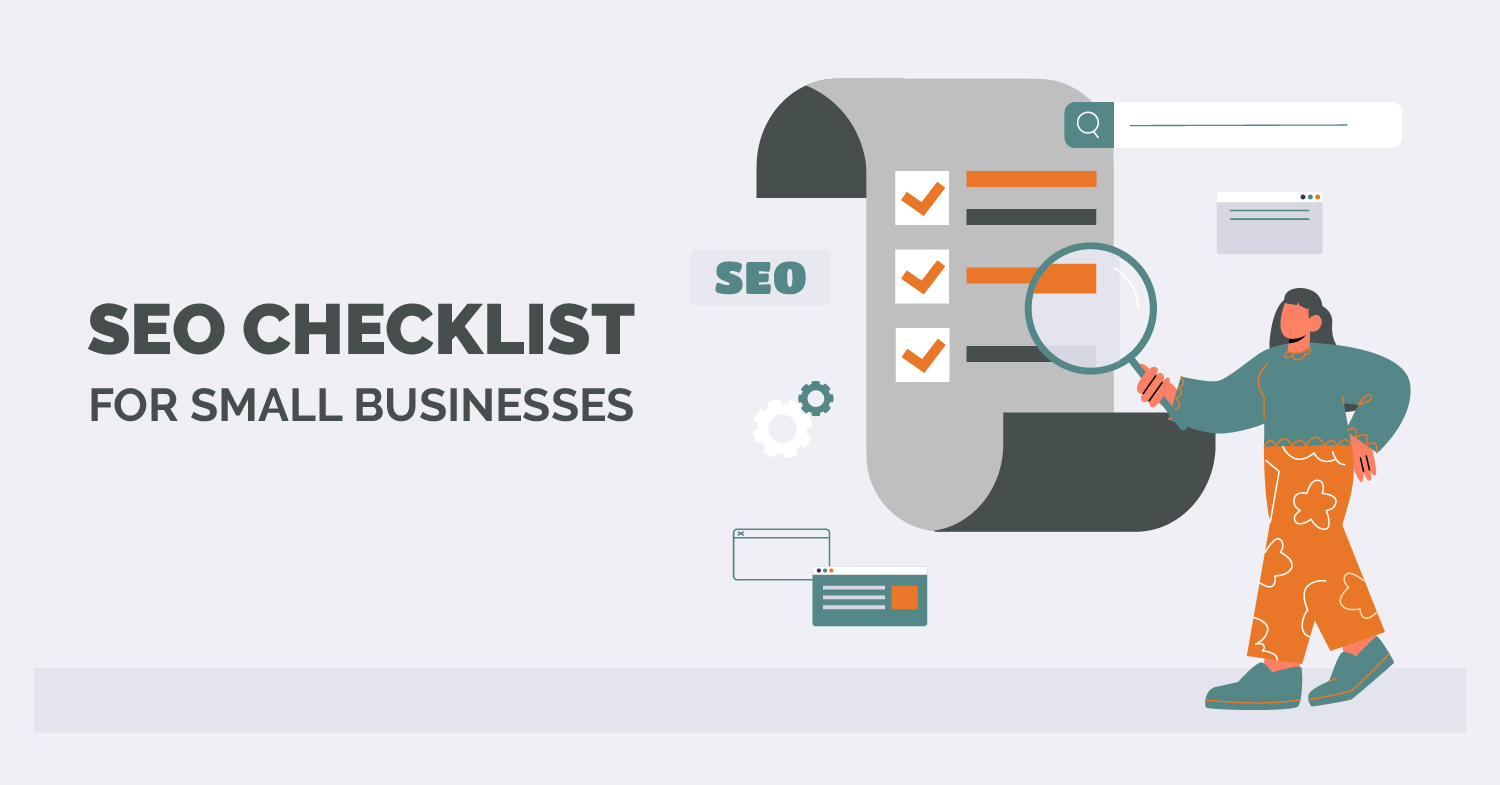
What Does SEO Success Look Like in Kenya?
It’s not always about 100,000 monthly visitors. In Kenya, where niche markets thrive, success can look like:
-
3–4 new leads per week
-
Consistent bookings from organic search
-
A shop showing up in Google Maps results
-
Fewer DMs asking the same questions — because your site already answers them
-
Being invited to collaborate because someone “found your blog”
That’s what real, local SEO impact looks like.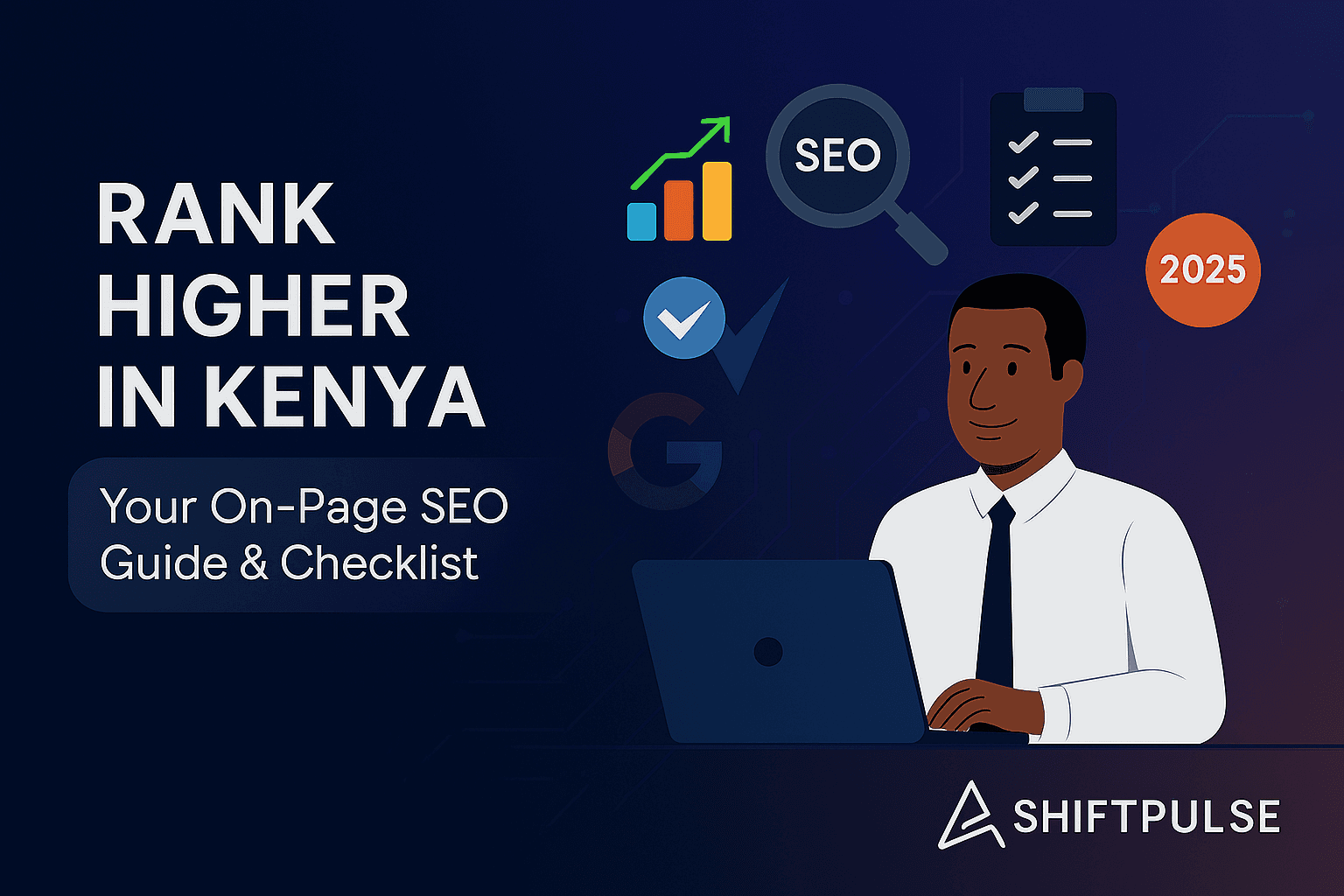
The Power of Social Proof: Reviews, Testimonials, and Local Mentions
In Kenya, trust is everything. Whether it’s buying from your neighborhood kiosk or booking a service, people rely heavily on recommendations.
This trust factor is critical online too.
Why Social Proof Matters for SEO
Google loves to see genuine, positive signals from real users. When customers leave reviews or testimonials mentioning your business by name and service, it helps:
-
Improve your local search ranking
-
Boost click-through rates
-
Build confidence among hesitant customers
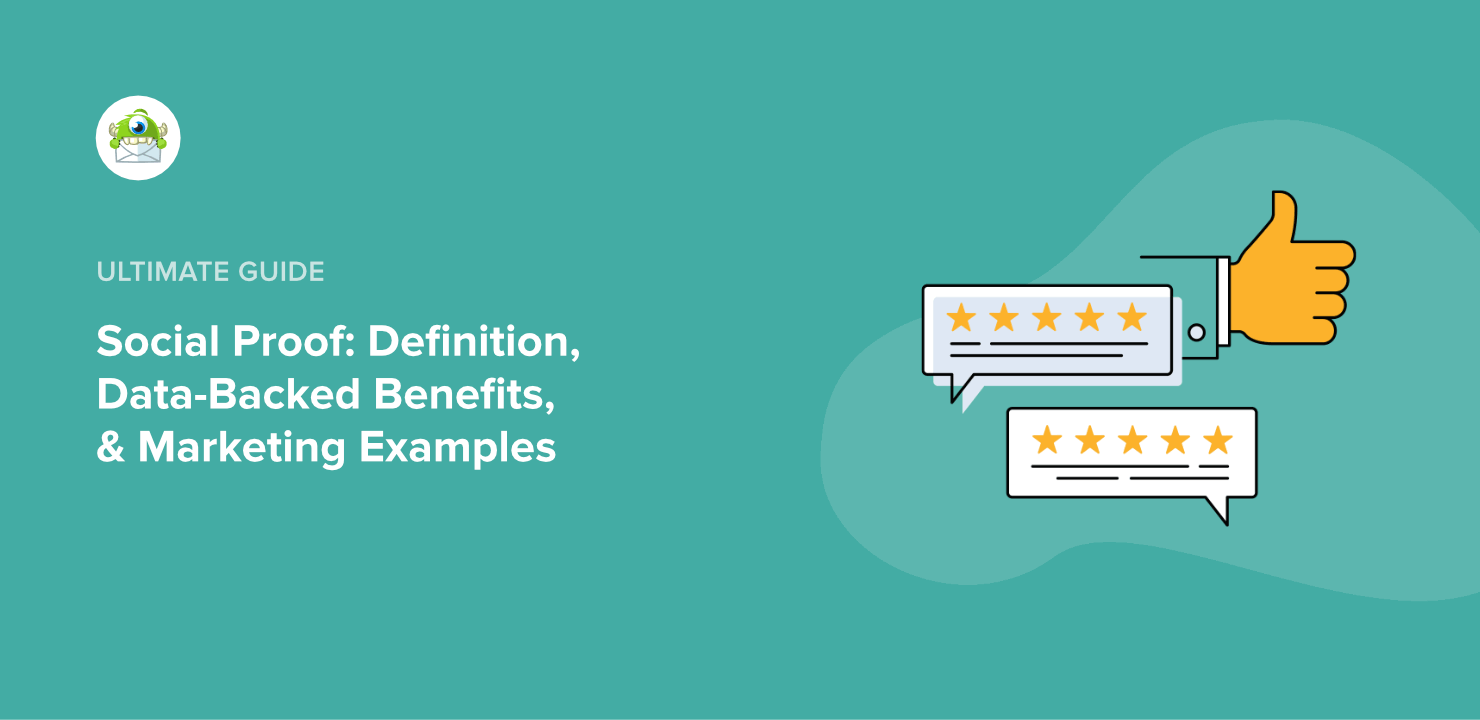
Example: A small café in Nairobi’s Kilimani neighborhood
When customers leave detailed reviews like:
“The coffee here is amazing, and their wifi makes it easy to work remotely,”
it’s more than praise — it’s an SEO asset. This kind of specific, natural wording helps Google understand what you offer and who might like you.
👉 Pro Tip: Encourage reviews right after a positive interaction. A quick WhatsApp message with a review link often does the trick.
Mobile-First Indexing: Why Your Phone-Friendly Site Matters More Than Ever
Here’s the deal — more than 90% of Kenyan internet users access the web through their smartphones. That means Google primarily looks at your mobile site version to decide how to rank you.
What does this mean for your business?
-
If your website looks great and works well on phones, you’re more likely to rank higher.
-
If your site is slow or hard to navigate on mobile, Google will penalize you — no matter how good your desktop site is.
Quick checklist for mobile readiness:
-
Is your font readable without zooming?
-
Are buttons and links easy to tap?
-
Does your site load in under 3 seconds on 3G or 4G?
-
Can users easily find your contact info?
Even if you don’t have a full website, make sure your Google Business Profile and social pages are mobile-friendly and updated.
Beyond Language: Why Localizing Content Matters in Kenya
While English and Kiswahili dominate online, SEO isn’t just about language. It’s also about local context — reflecting the culture, issues, and everyday realities of Kenyan users.
For example, a post about “best SEO companies in Kenya” can be enriched by:
-
Mentioning local landmarks or neighborhoods
-
Including references to popular Kenyan holidays, slang, or business customs
-
Addressing local challenges like internet speed or mobile payment integration
Why local flavor works
People connect with content that “speaks their language” culturally, not just linguistically. Plus, Google’s algorithms increasingly favor content that is geographically relevant and user-focused.
Niche SEO Strategies for Kenyan Industries
Different sectors in Kenya have unique SEO needs. Here are some tailored approaches for a few popular industries: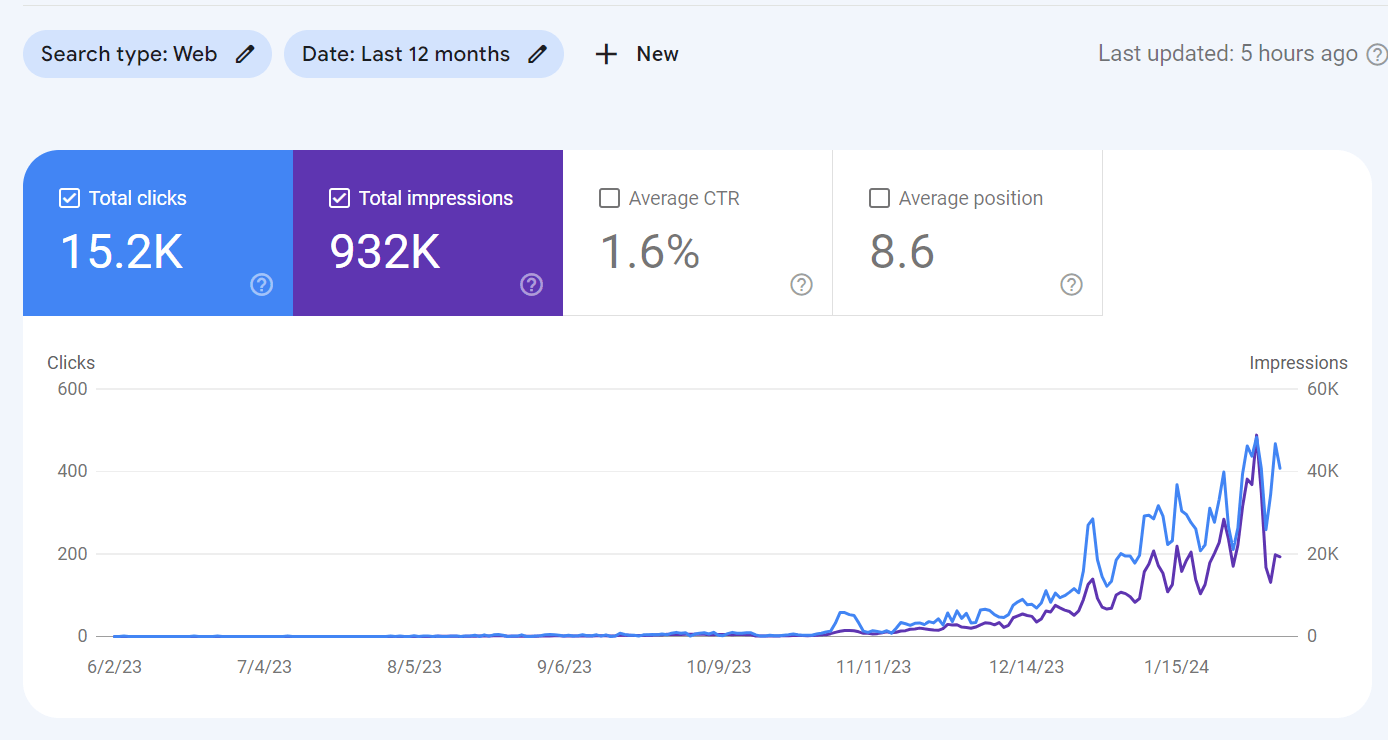
1. Tourism and Hospitality
Kenya’s tourism is a huge driver for SEO. Use location-based keywords like “best safari tours in Maasai Mara” or “budget hotels in Mombasa.” Incorporate user-generated content—reviews, photos, travel blogs—as these lend authenticity and boost search rankings.
2. Agriculture and Agribusiness
Farmers and agri-businesses can benefit from educational content. Think “how to improve maize yield in Kenya” or “best fertilizers for Kenyan coffee farmers.” Localize content to regions (e.g., Rift Valley, Central Kenya) and use practical, problem-solving language.
3. E-commerce and Retail
Kenyan online shoppers often search with price and delivery terms. Optimize for phrases like “affordable electronics Nairobi” or “fast delivery Nairobi online stores.” Highlight trust factors—secure payment options like M-Pesa, customer testimonials, return policies.
Building Local Links: Why Relationships Still Matter in SEO
In Kenya, personal relationships are gold. This holds true in SEO too.
Local link building means getting other Kenyan websites—business directories, local news sites, partner businesses—to link to your site. These links act like votes of confidence in Google’s eyes.
How to earn these links:
-
Sponsor community events or charities and get featured on their websites
-
Guest post on Kenyan blogs or online magazines related to your niche
-
Collaborate with local influencers or industry leaders for content or endorsements
This isn’t about quick hacks; it’s about genuine connections that grow your reputation online and offline.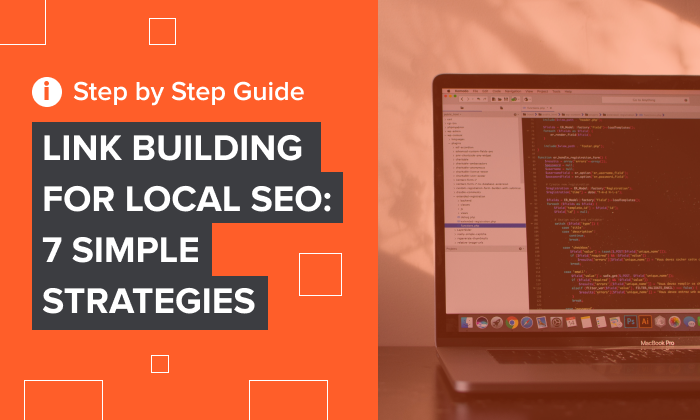
Balancing SEO Costs with Business Goals
One question Kenyan businesses often ask is: “How much should I spend on SEO?”
Truth is, SEO prices vary widely. Here’s a rough guide:
-
Basic local SEO packages: From KES 15,000 to 40,000 per month
-
Comprehensive SEO services (content, link-building, technical SEO): From KES 50,000 upwards
-
One-off SEO audits: KES 10,000–20,000
But remember, the ROI matters more than cost. Spending KES 30,000 a month on SEO that brings consistent leads and sales is a smart investment. Spending less but getting no results isn’t.
Setting Realistic Expectations: SEO Is a Marathon, Not a Sprint
Many businesses in Nairobi or Mombasa want quick wins. While certain tactics (like fixing Google Business Profile info) can show fast improvements, true SEO growth takes patience.
Expect to see measurable results — better rankings, more traffic, inquiries — within 3 to 6 months depending on competition and your effort.
Real Talk: Why Your Website Content Must Speak Kenyan
Generic global content won’t cut it. Speak like you’re talking to your neighbour in Nairobi’s Eastlands or a client in Kisumu.
Use everyday examples: “We know how Nairobi’s traffic jams can affect deliveries, so we guarantee timely service even during rush hour.” Or, “For farmers in Kericho, our fertilizer advice is tailored for tea plantations.”
That local voice creates connection, builds trust, and helps you stand out in Google searches.
SEO Isn’t Just for Nairobi
While many top agencies are based in Nairobi, there’s growing demand for SEO in towns like Eldoret, Kisumu, and even smaller towns like Kitale. With better internet access and growing online literacy, local businesses everywhere are waking up to the value of being found online.
One example is a landscaping business in Nakuru that started blogging about garden care tips. Not only did they get more web traffic, but they also started receiving requests for services from nearby towns. All this, without




